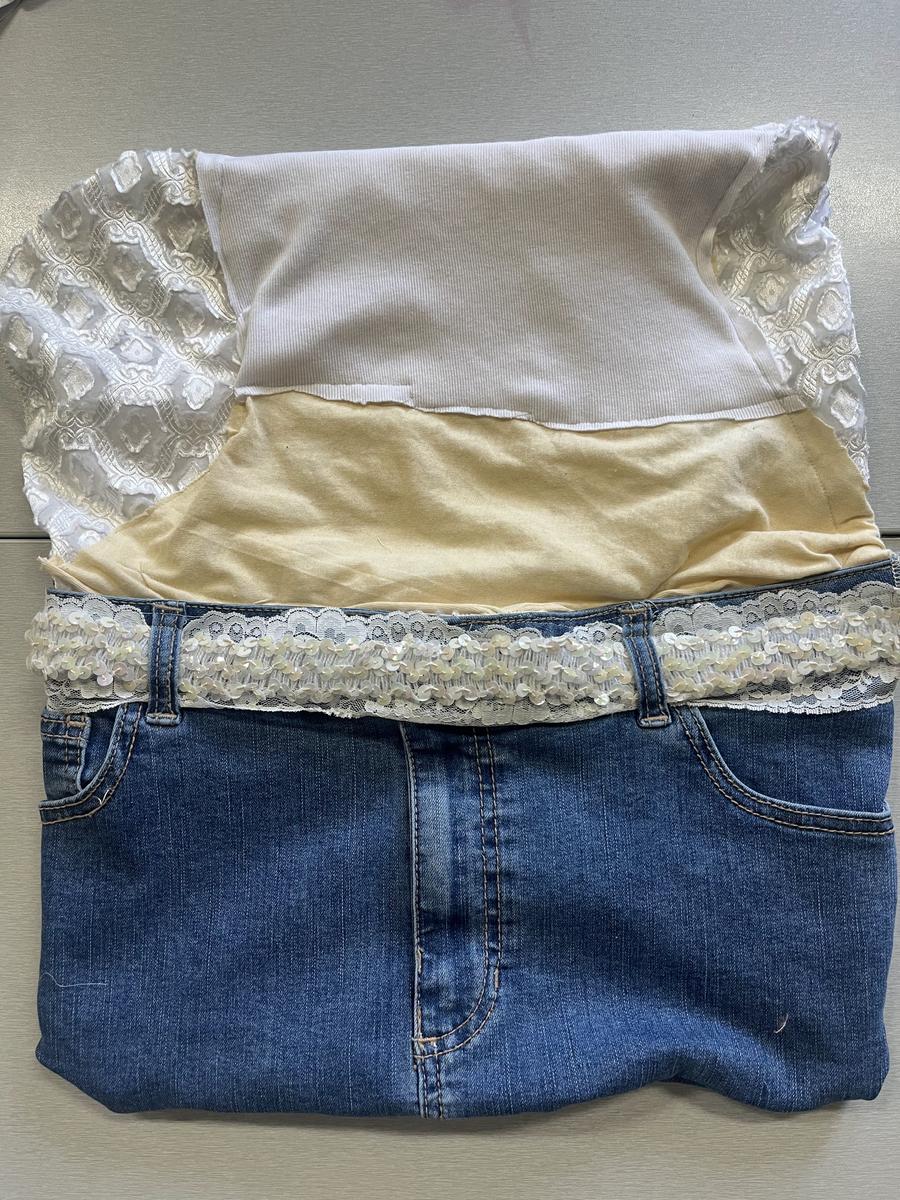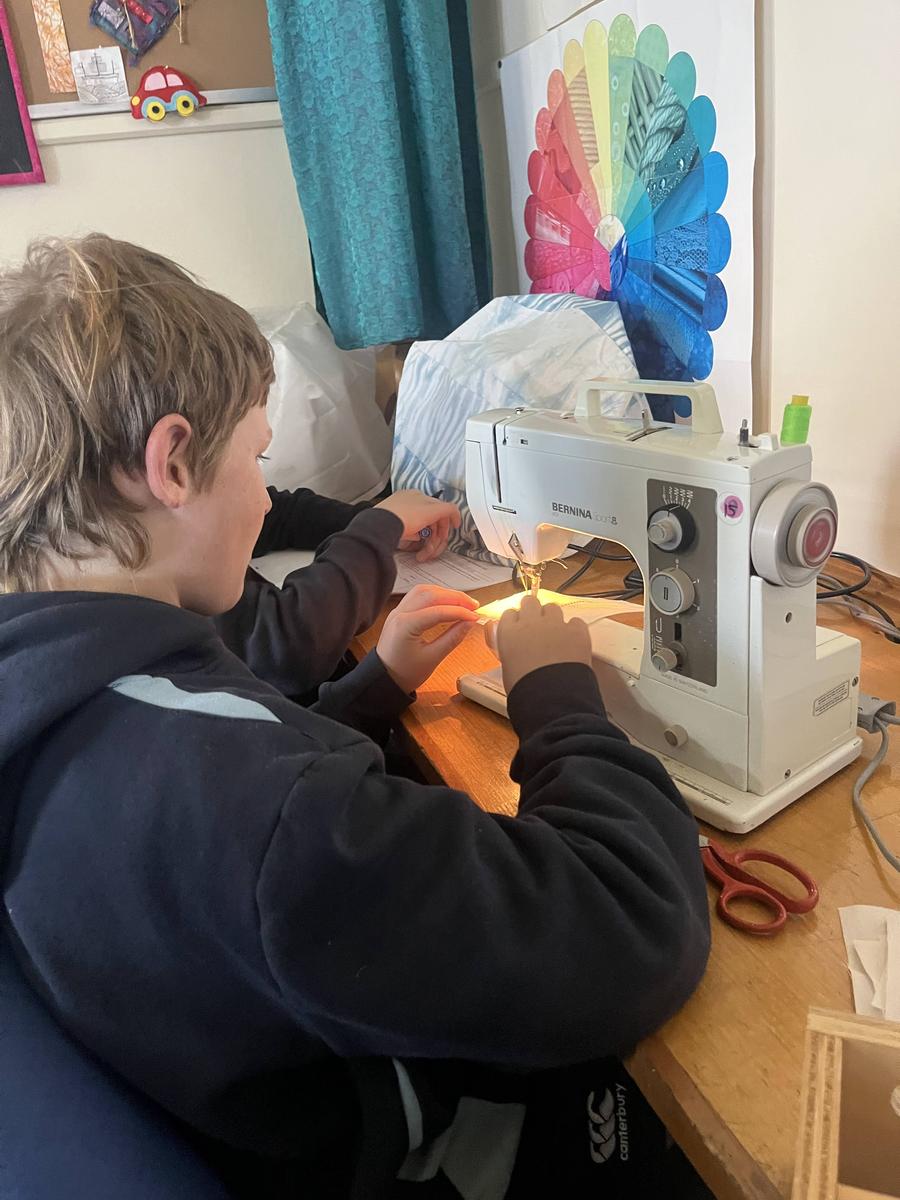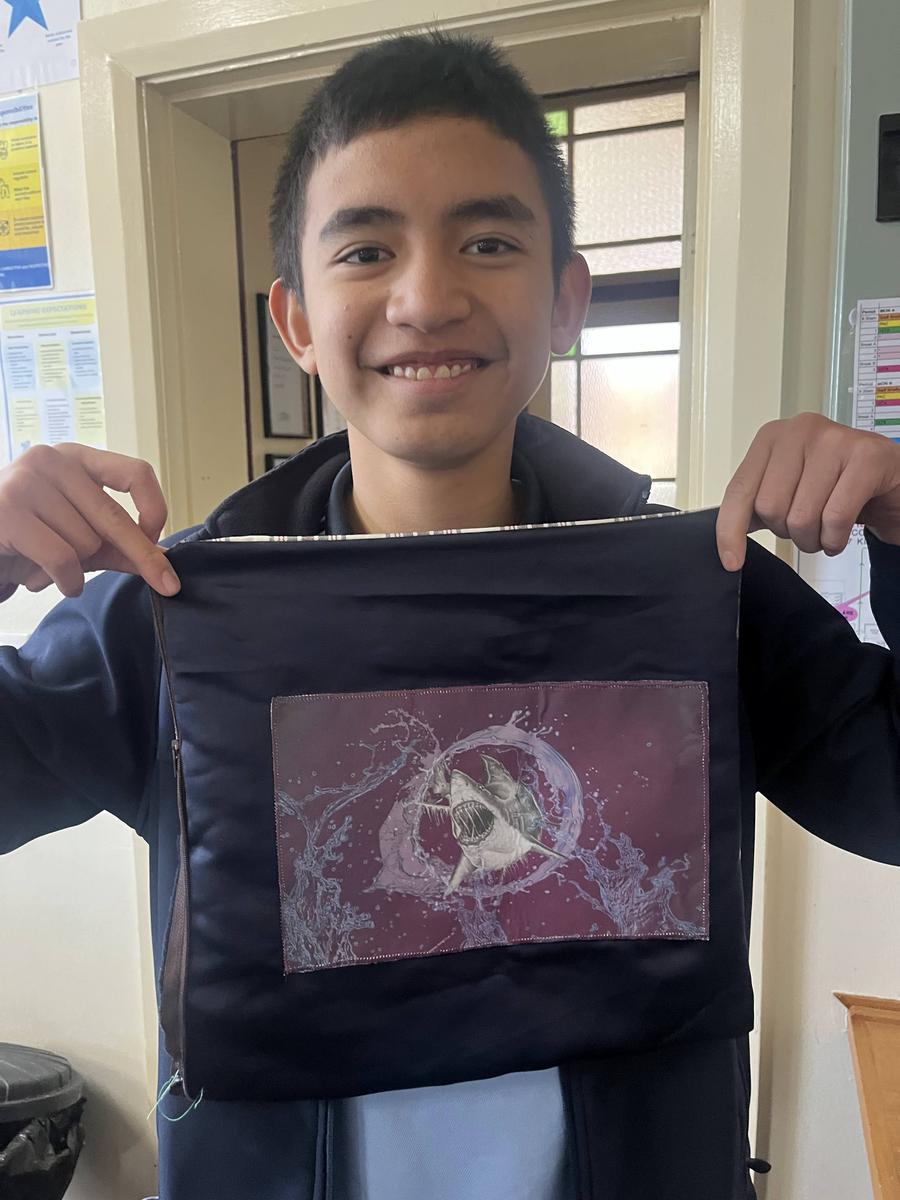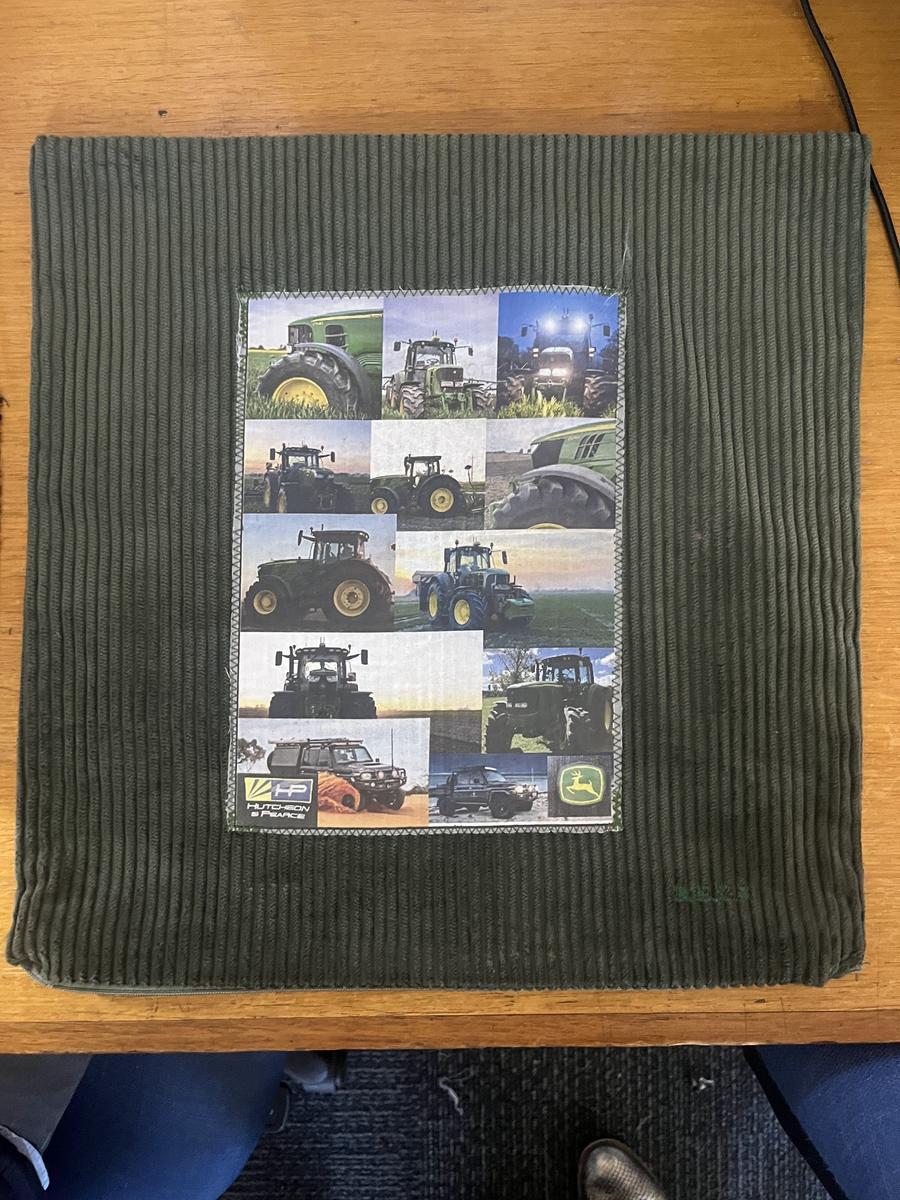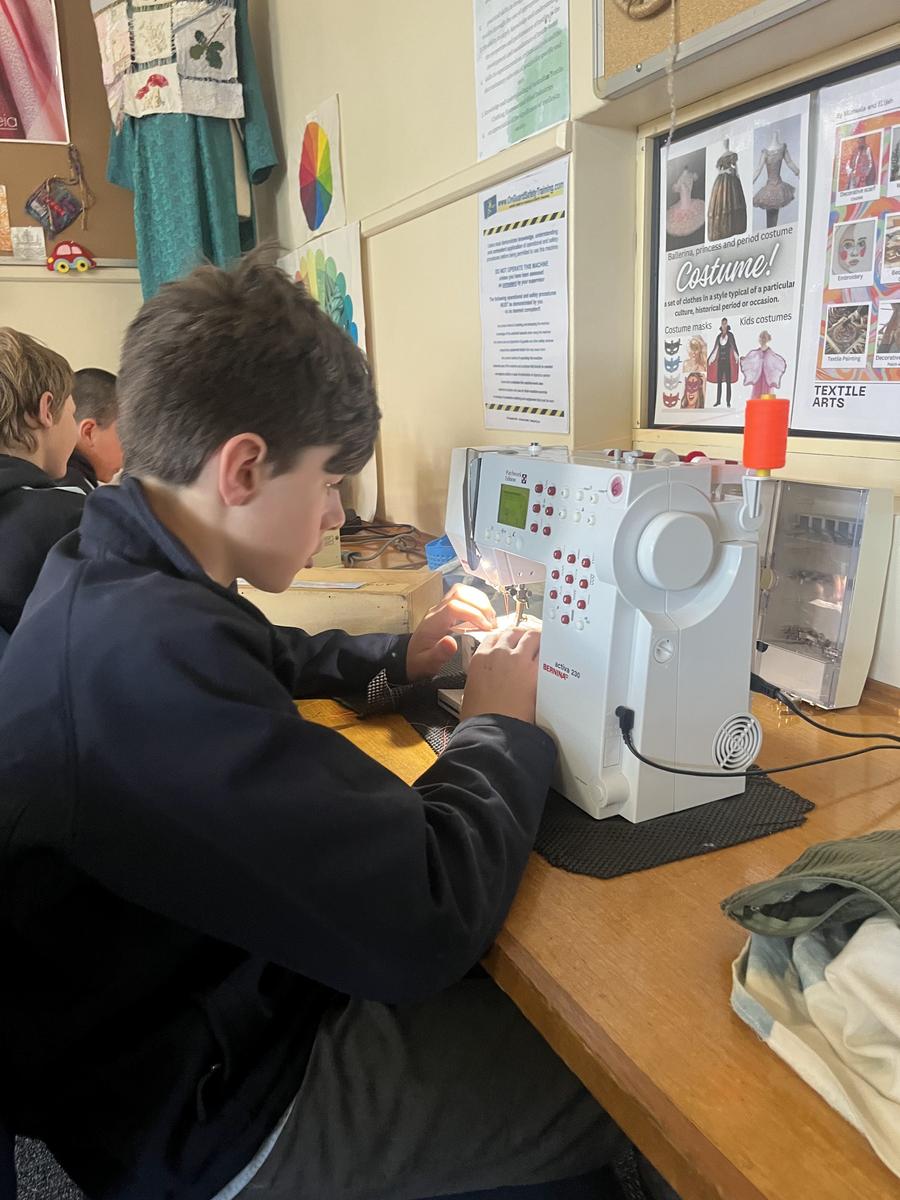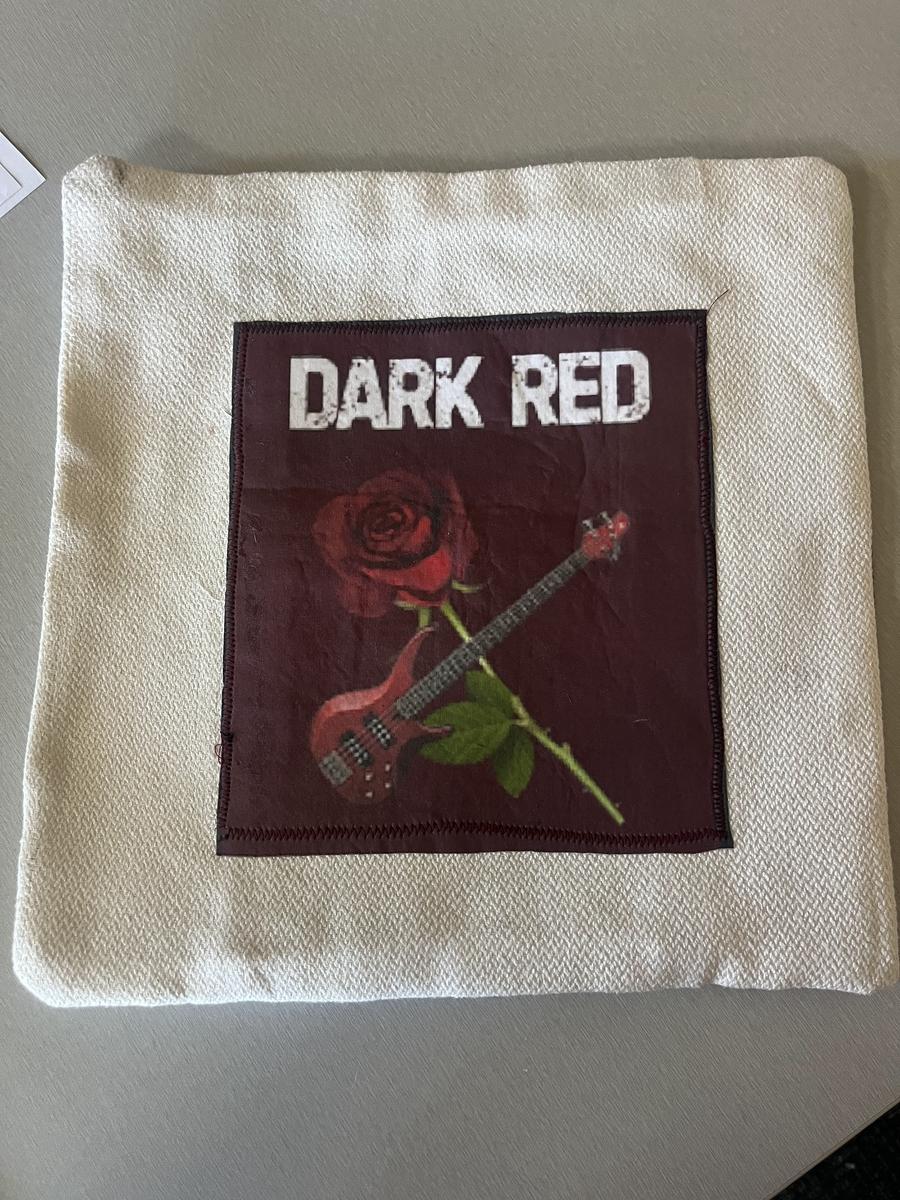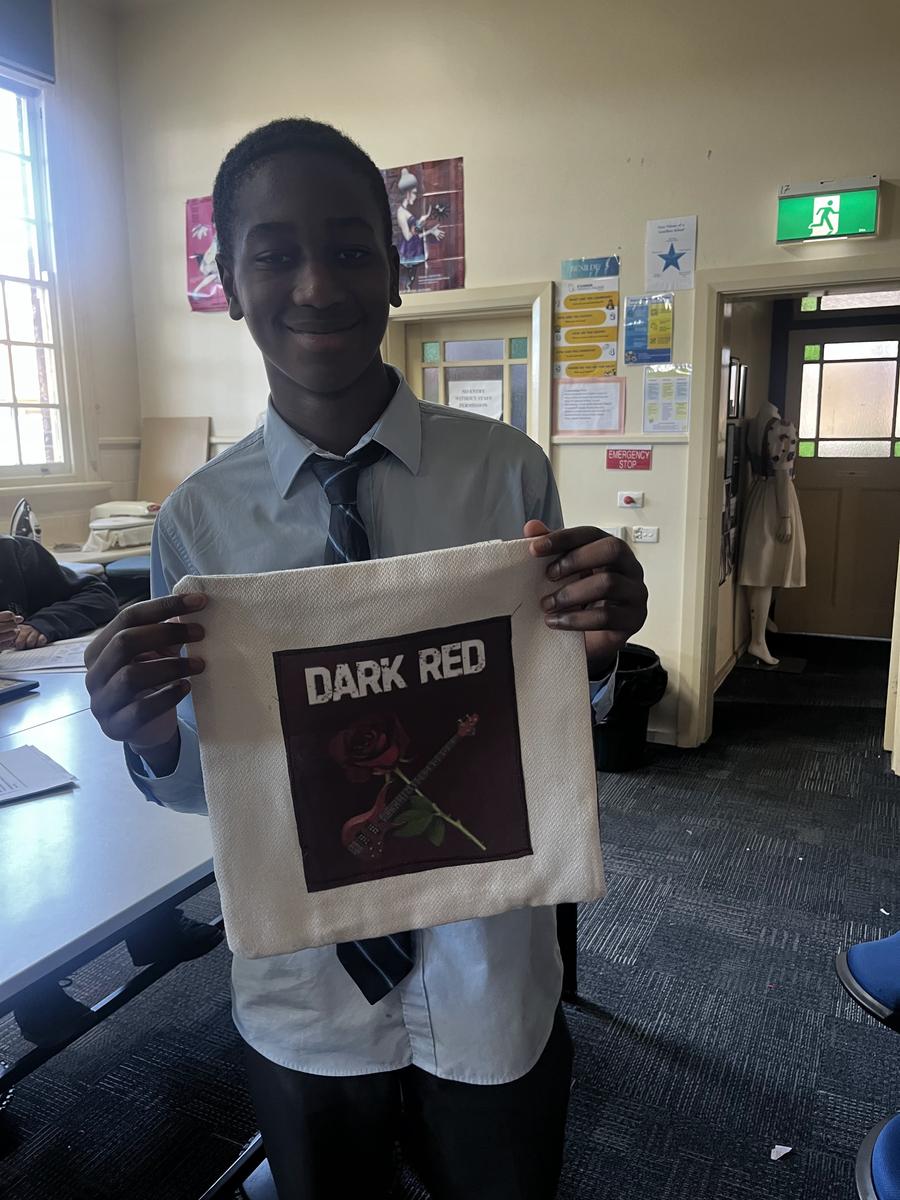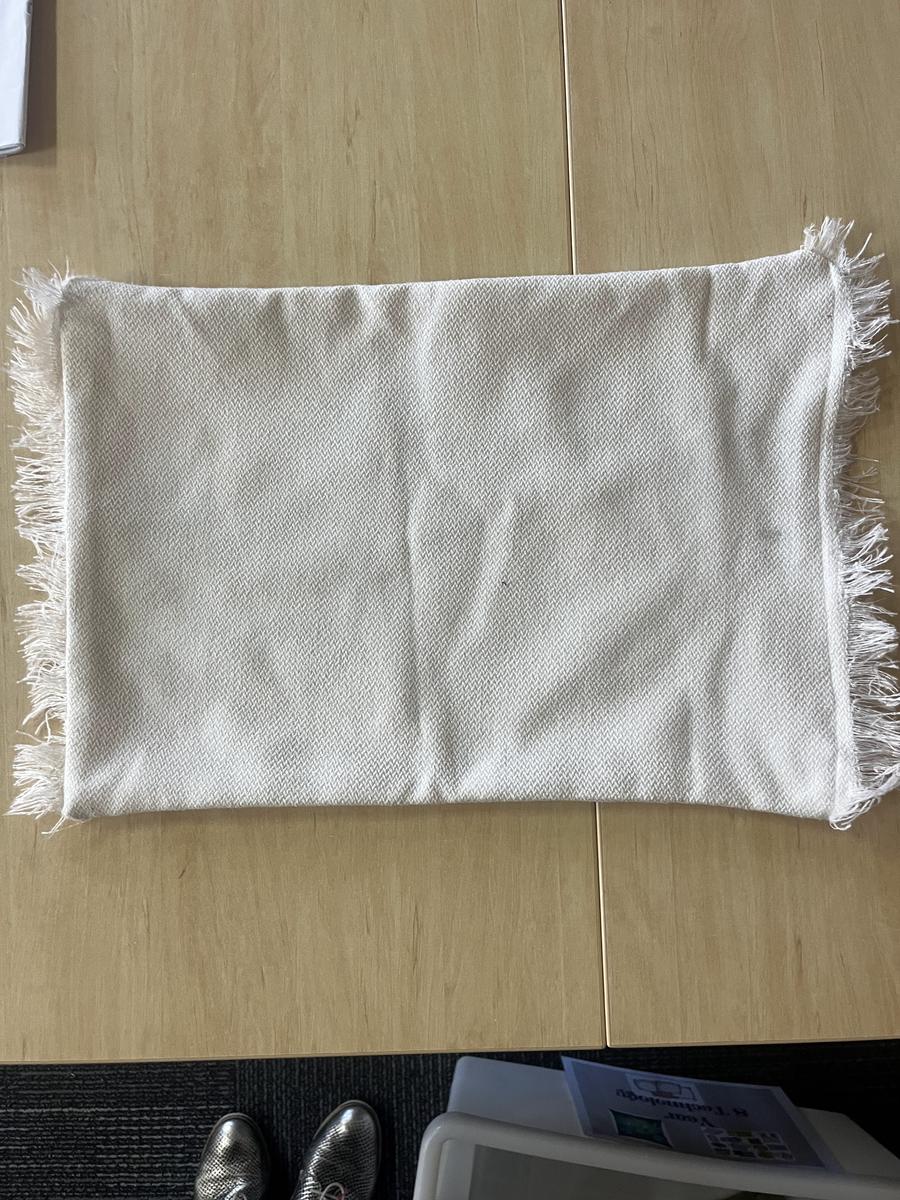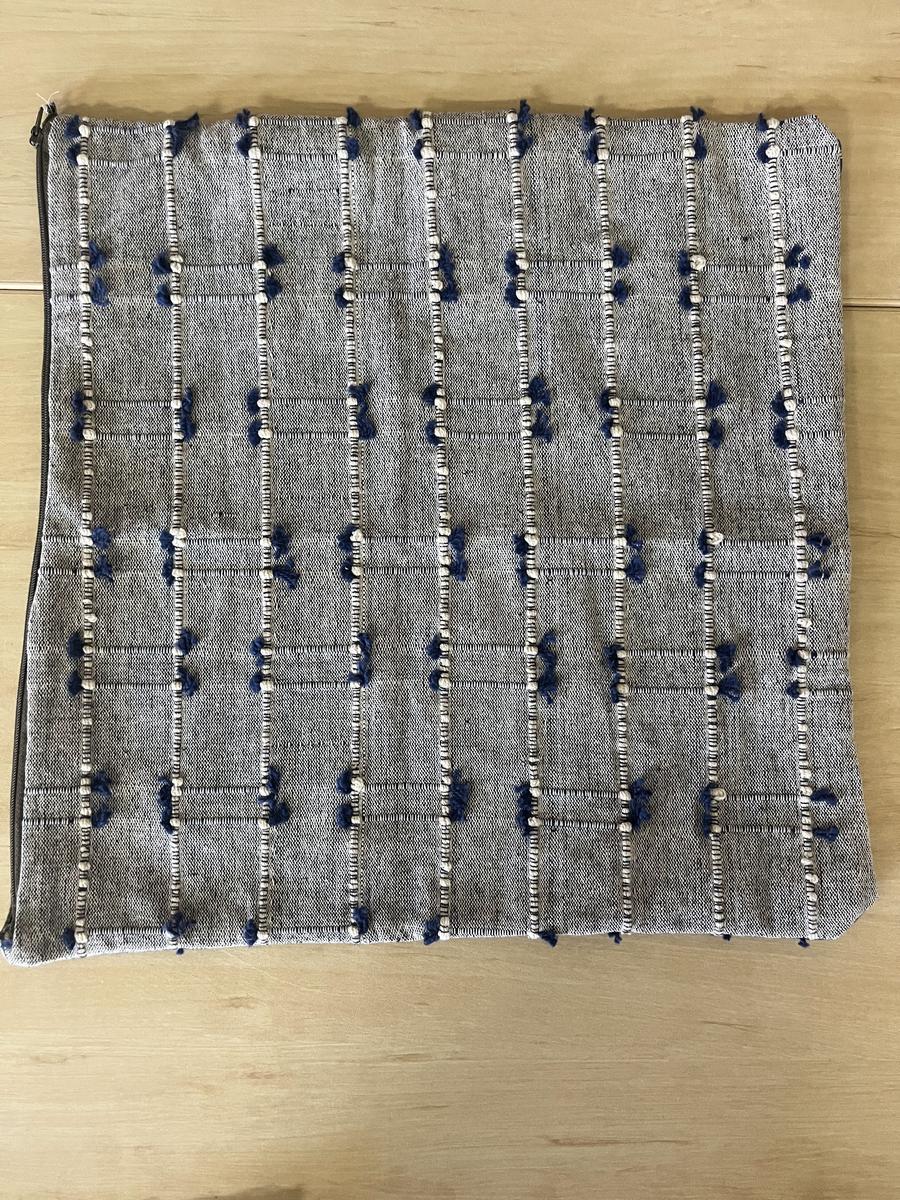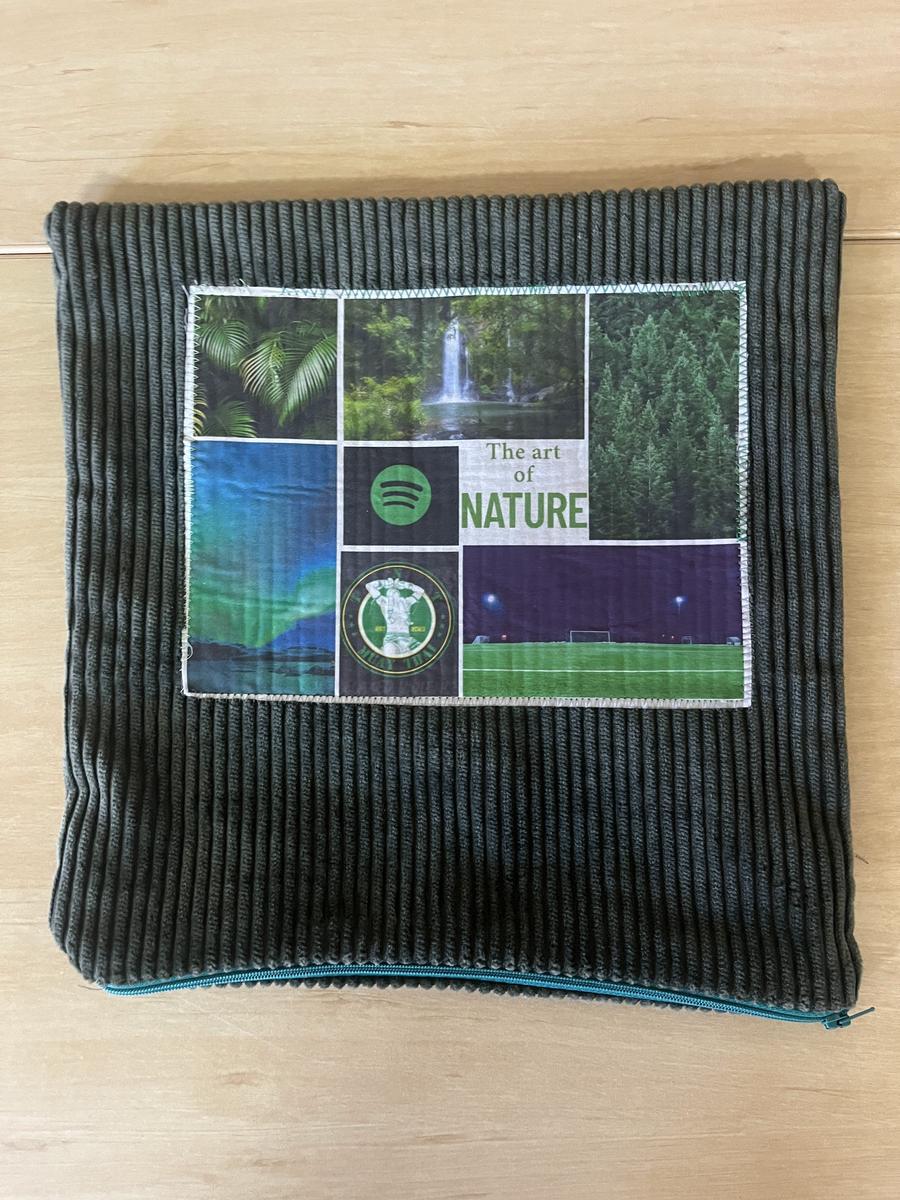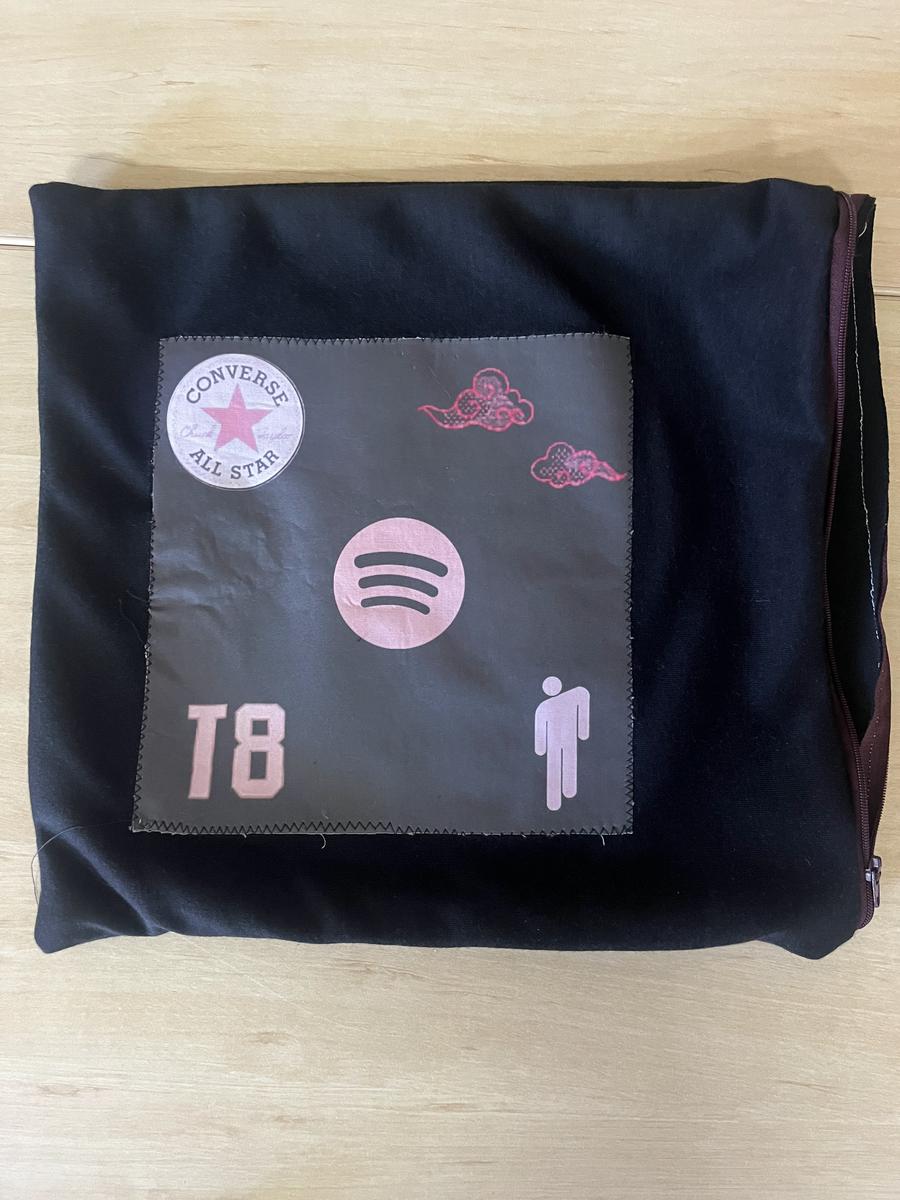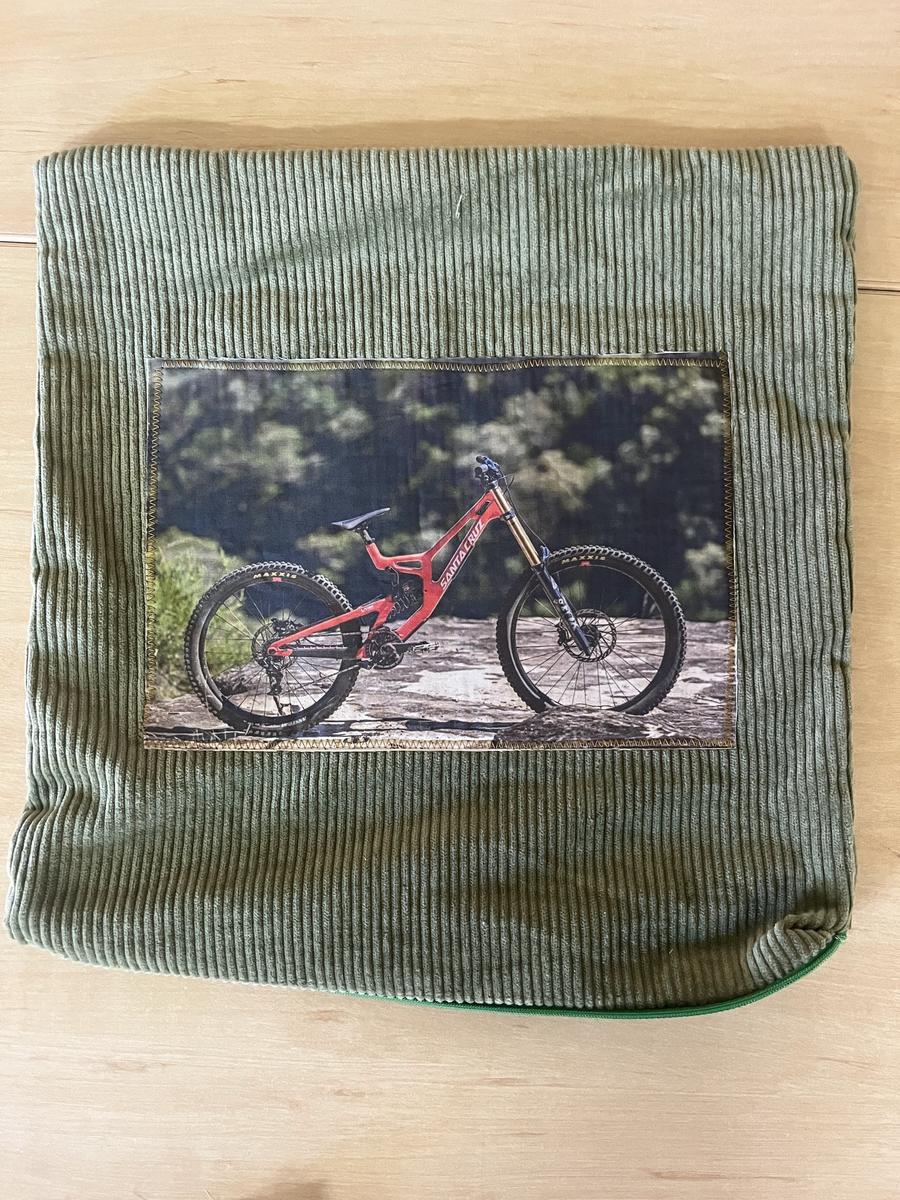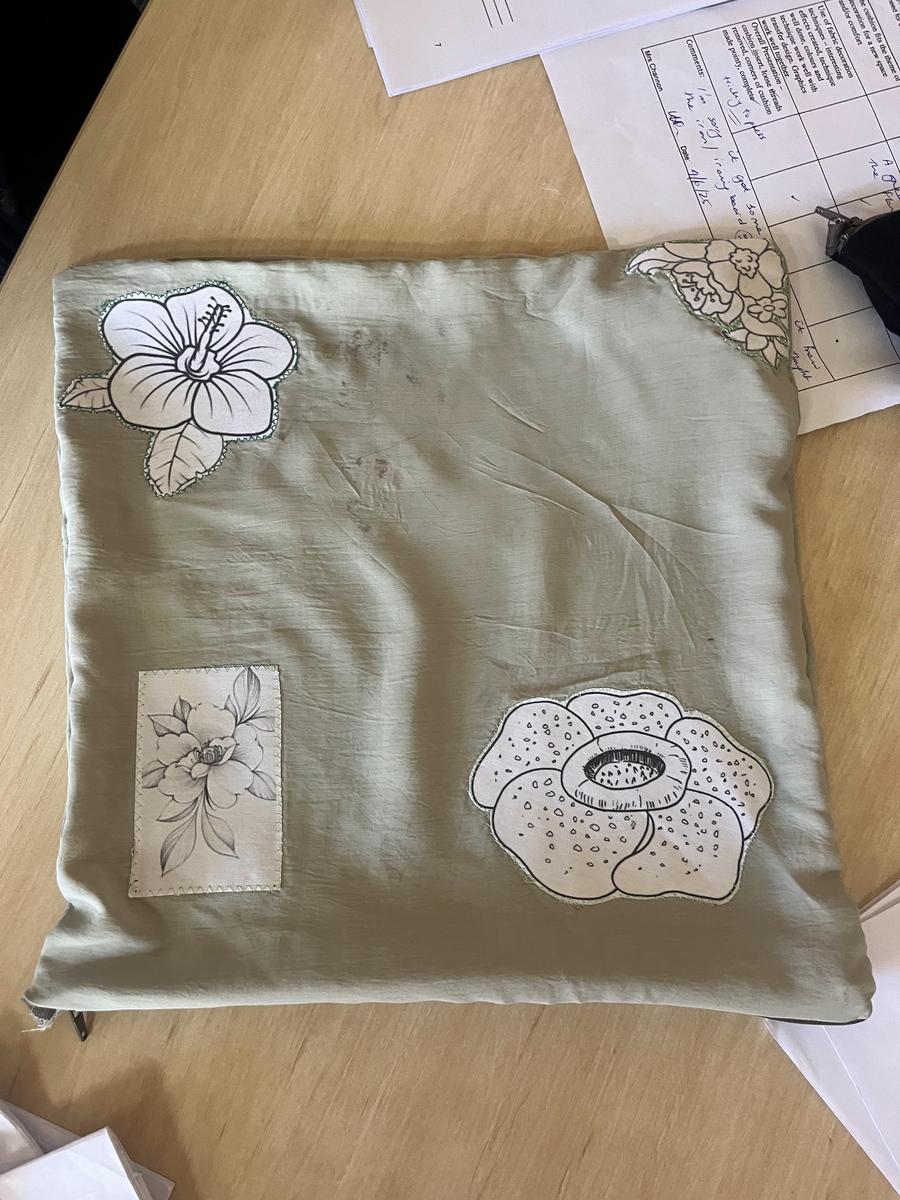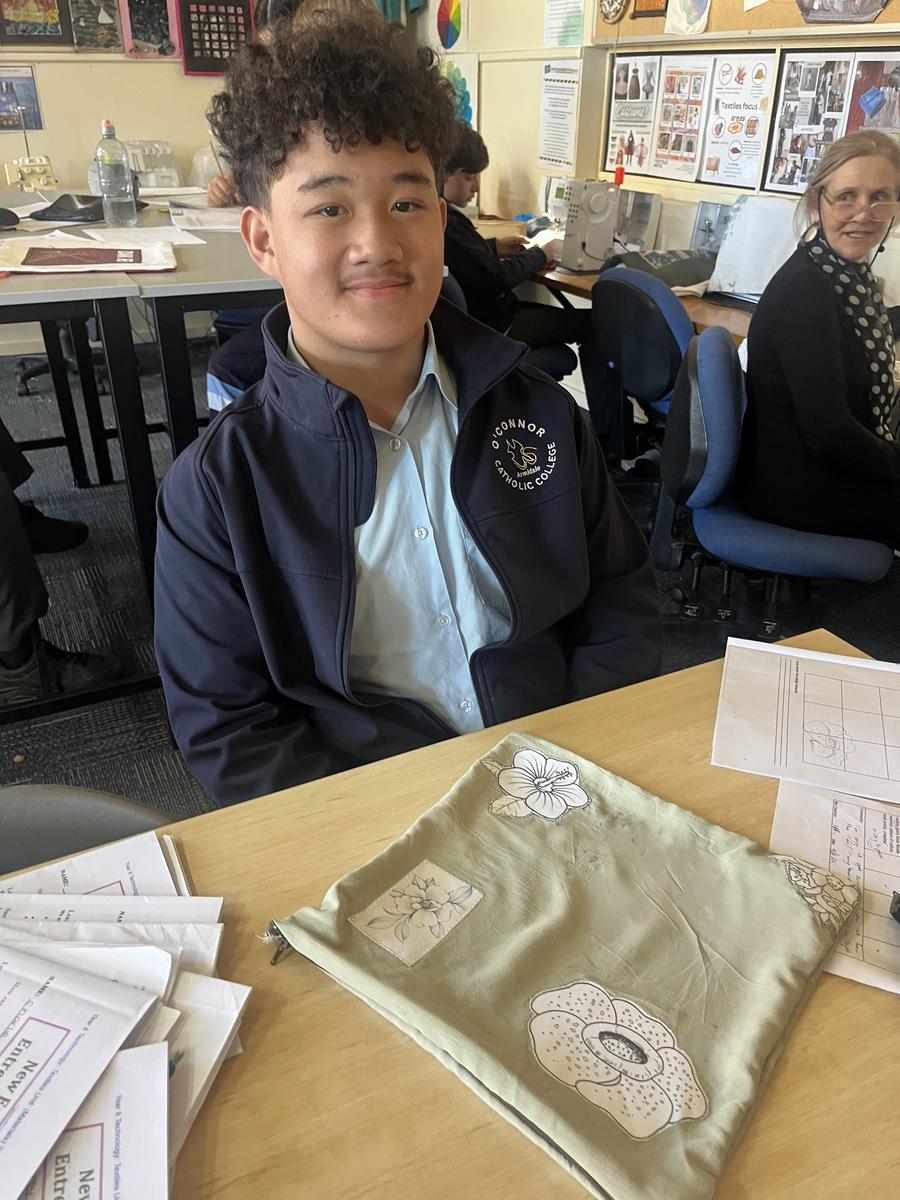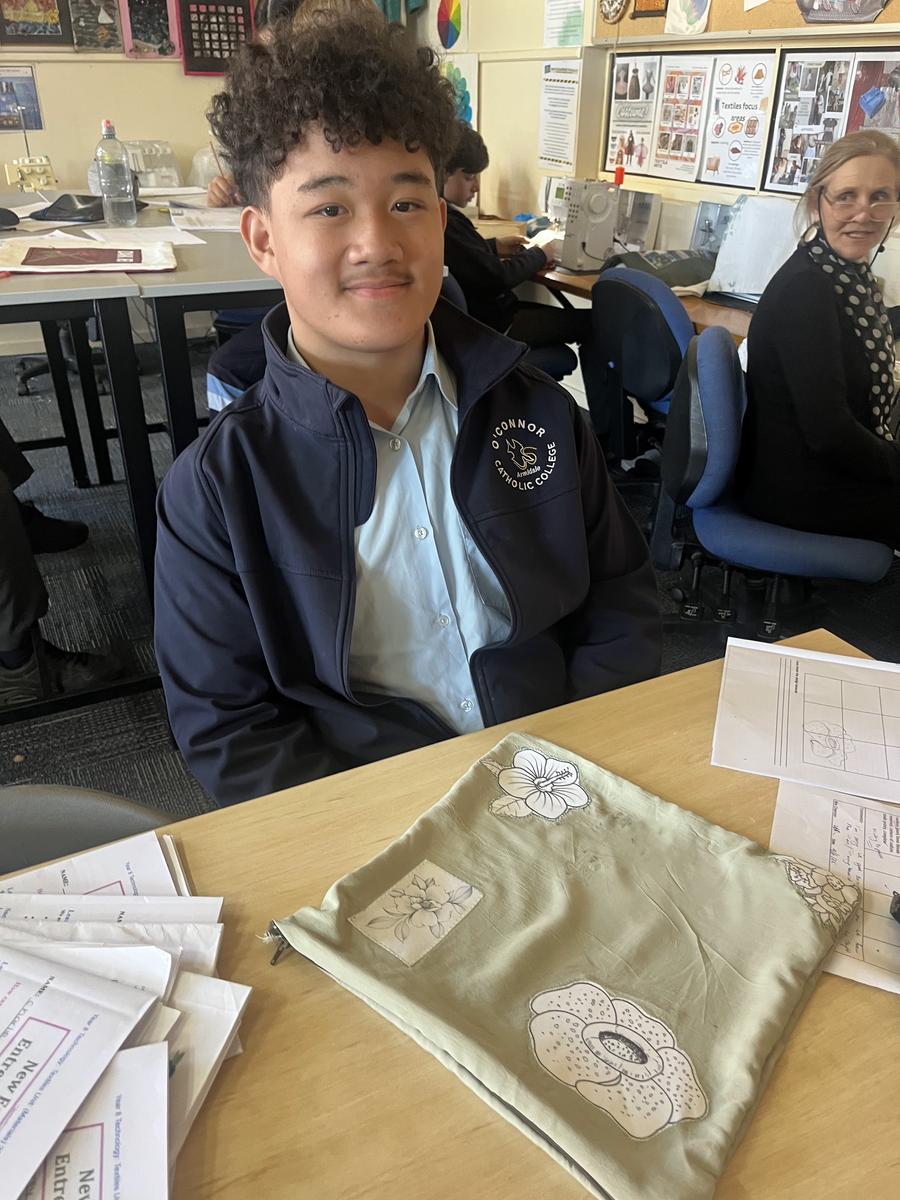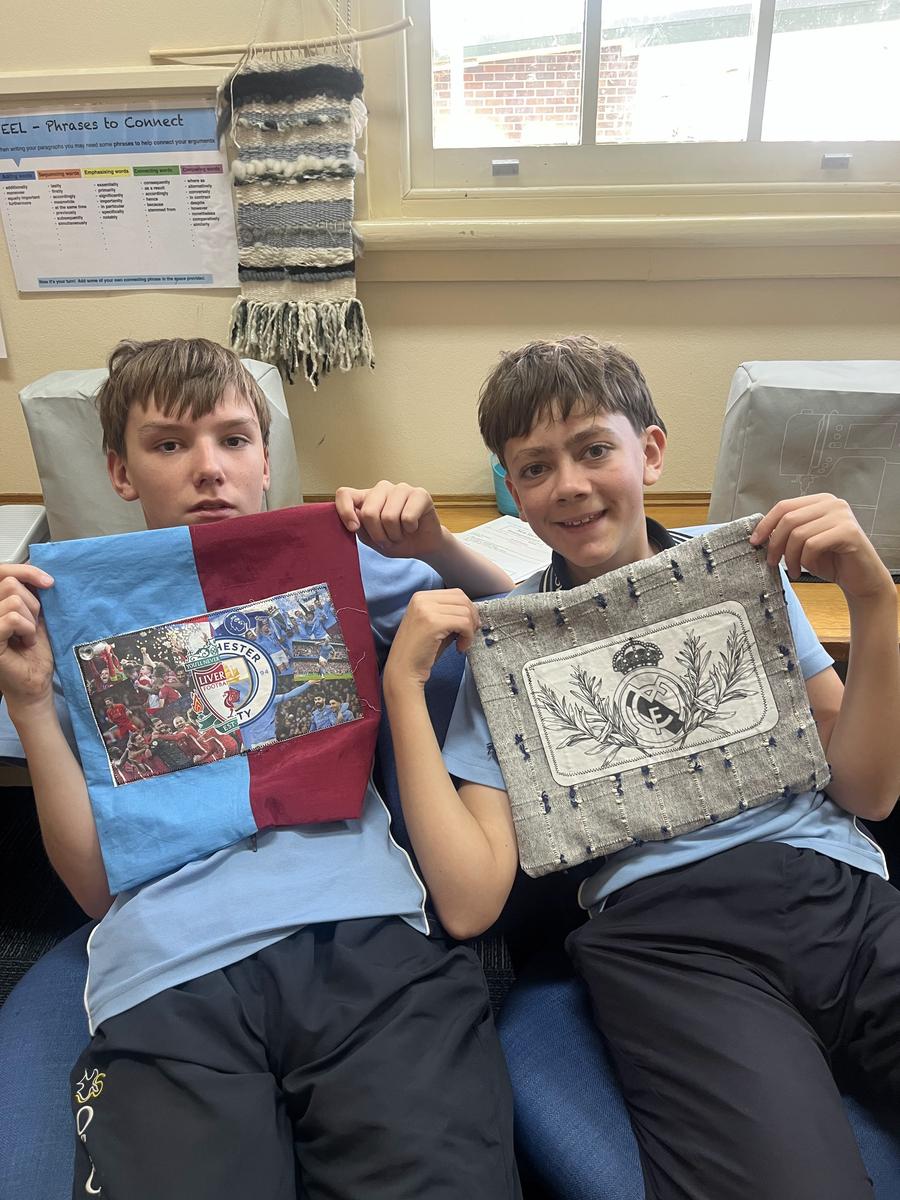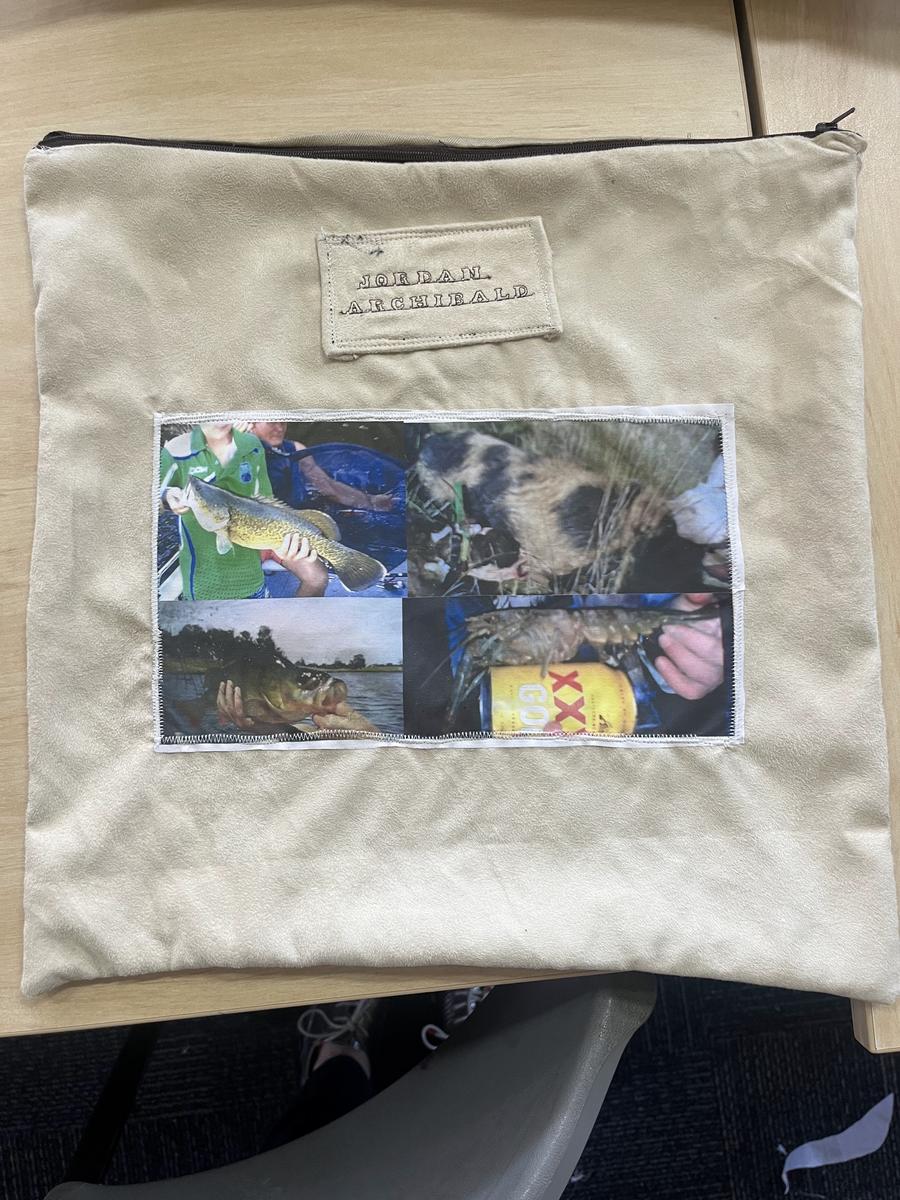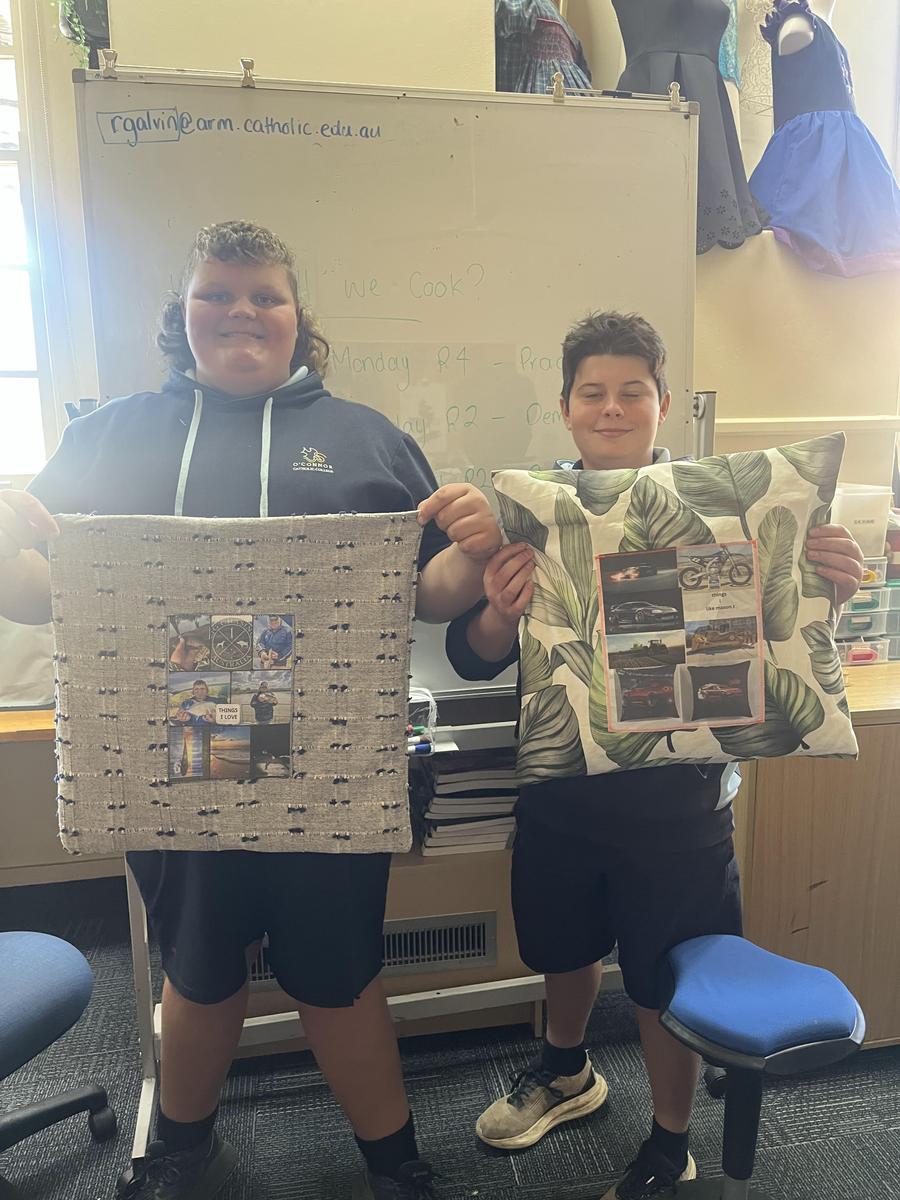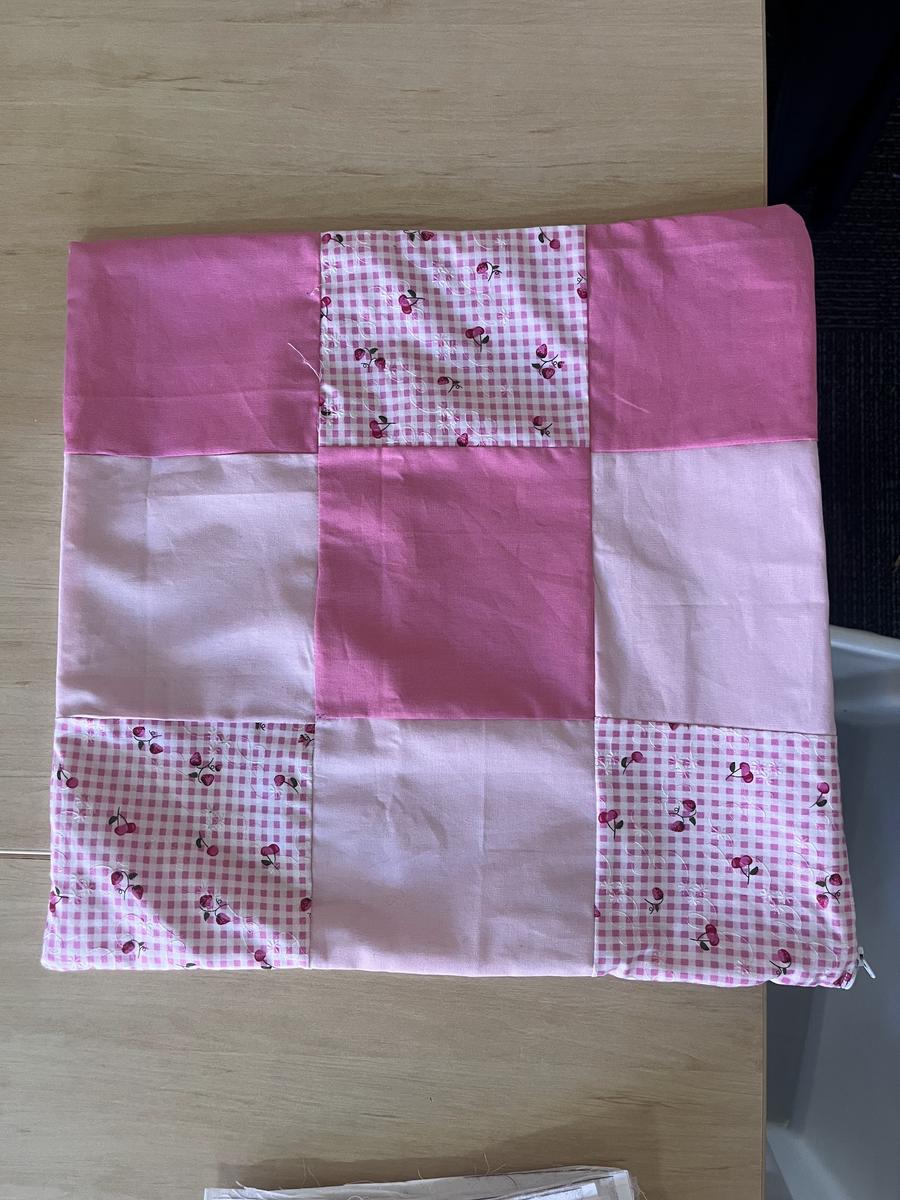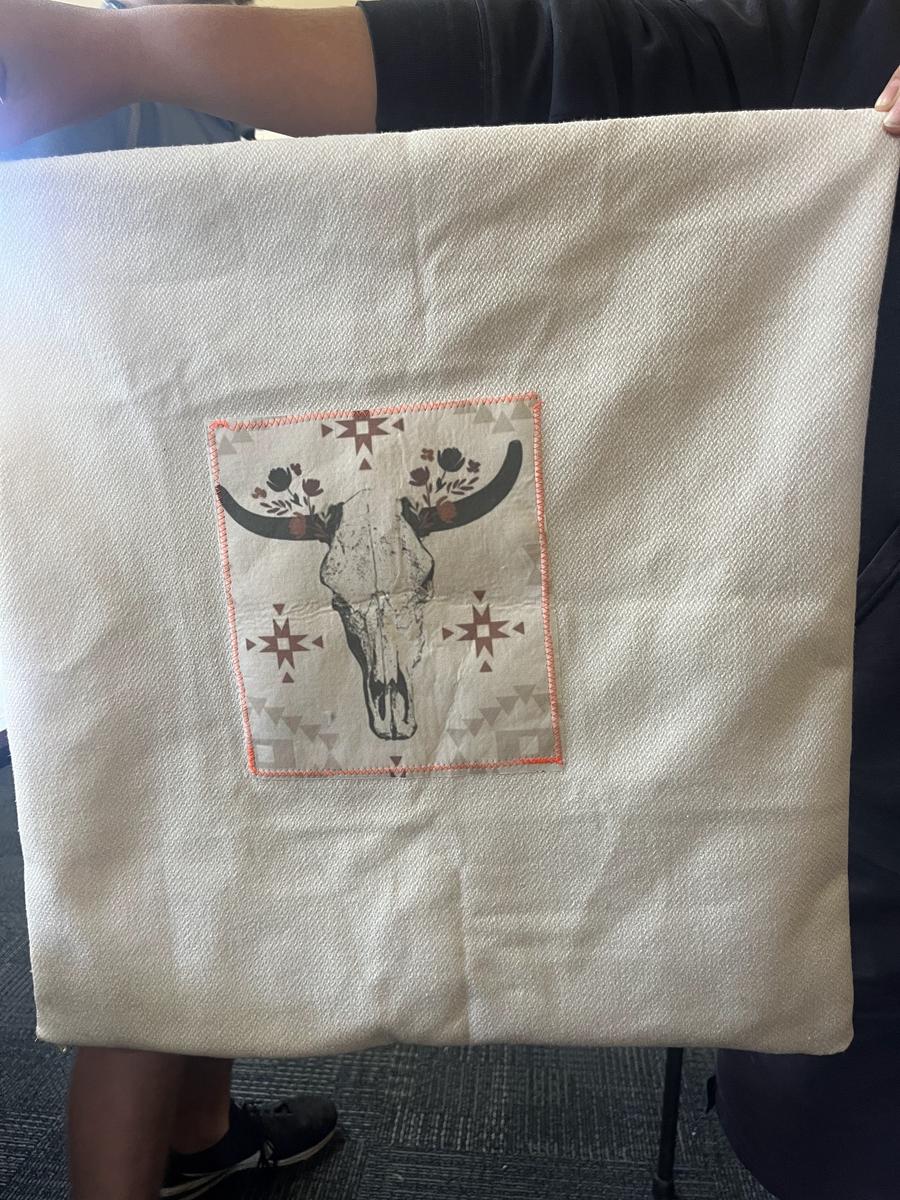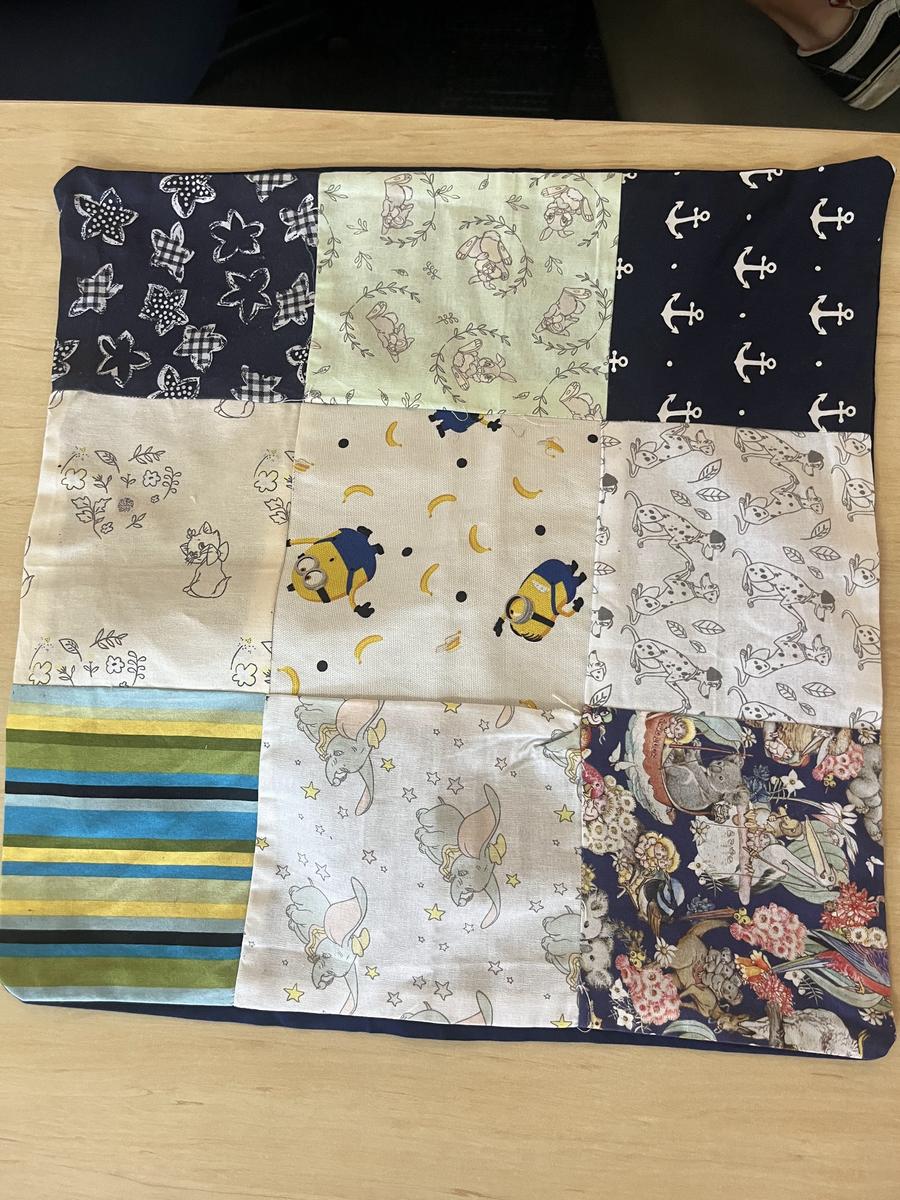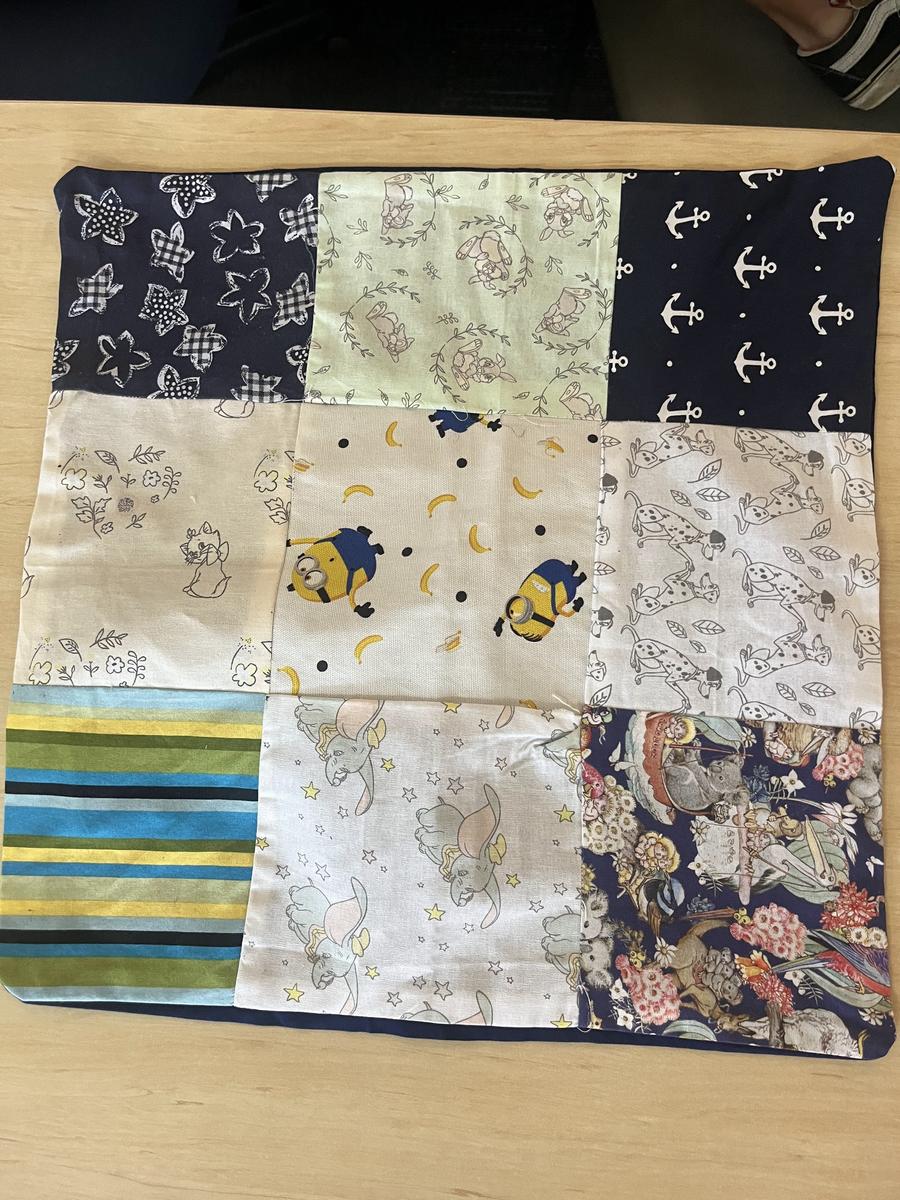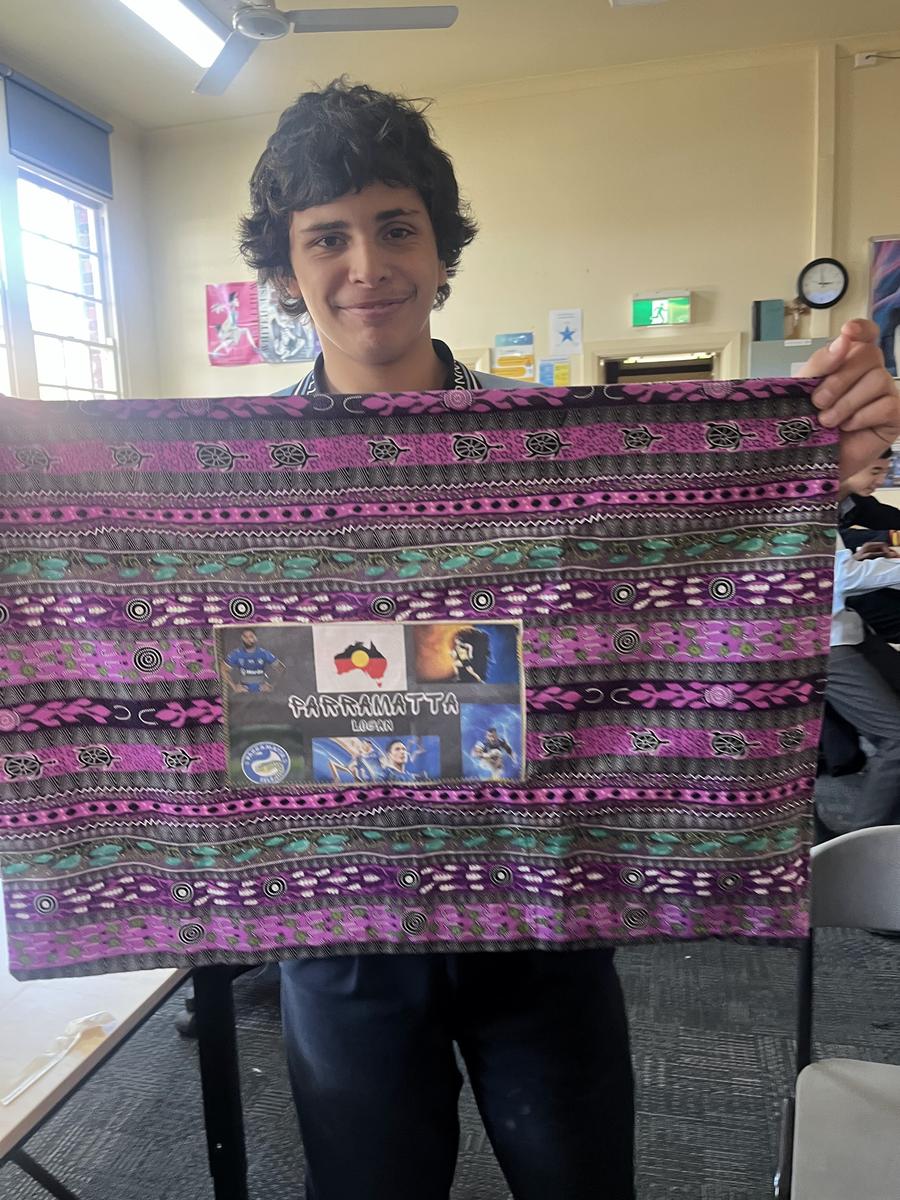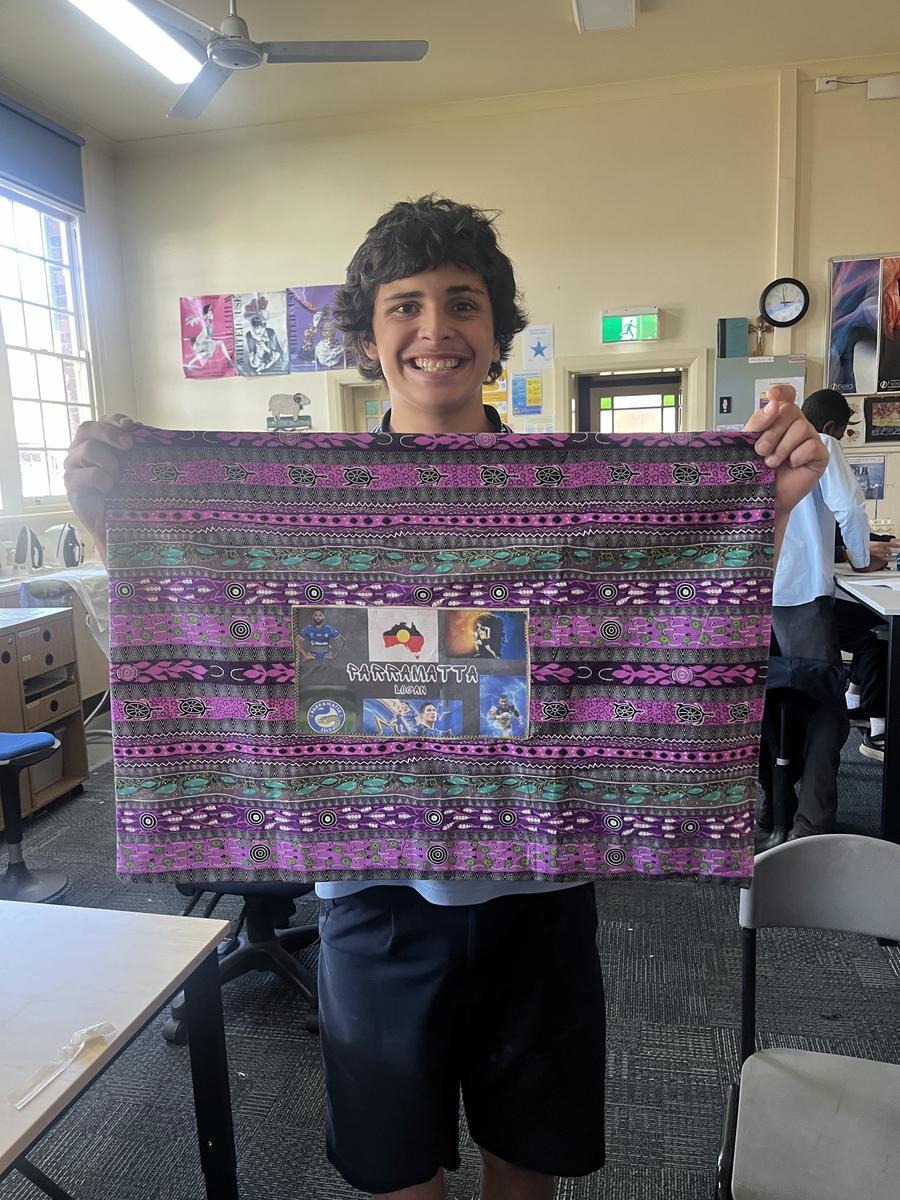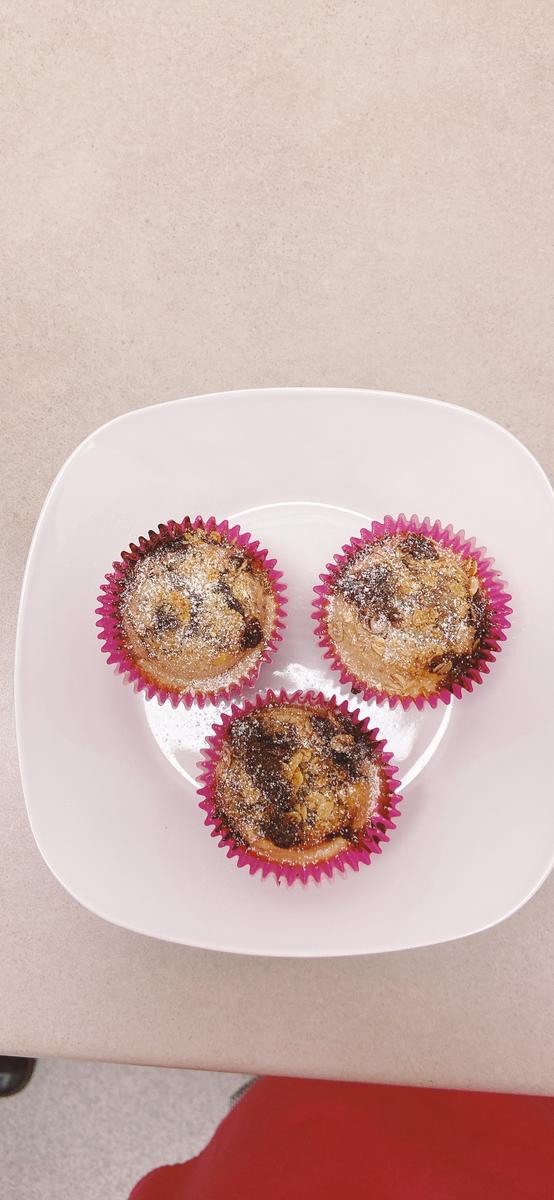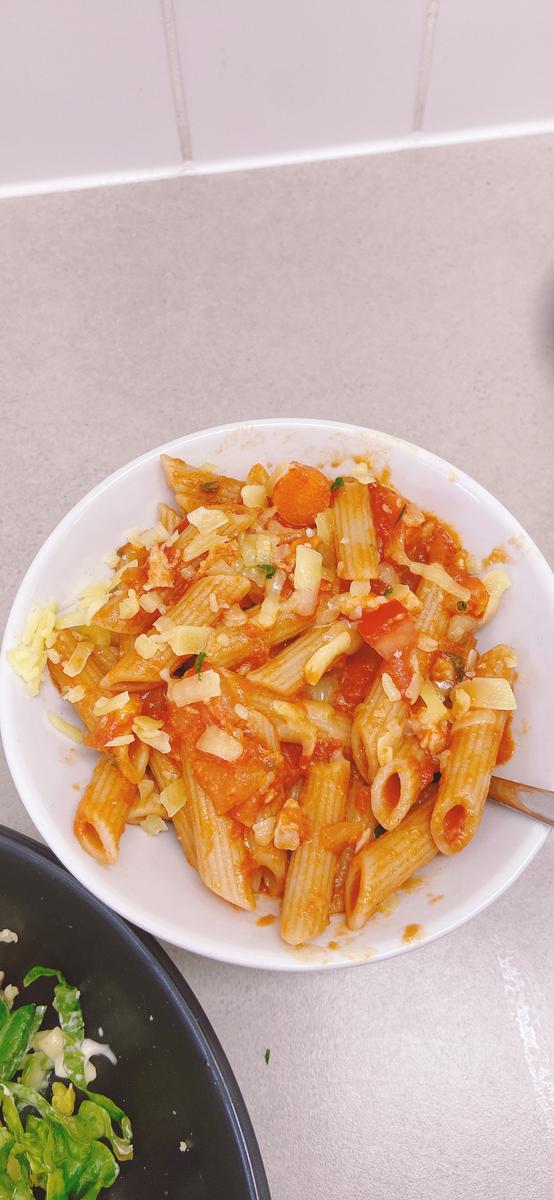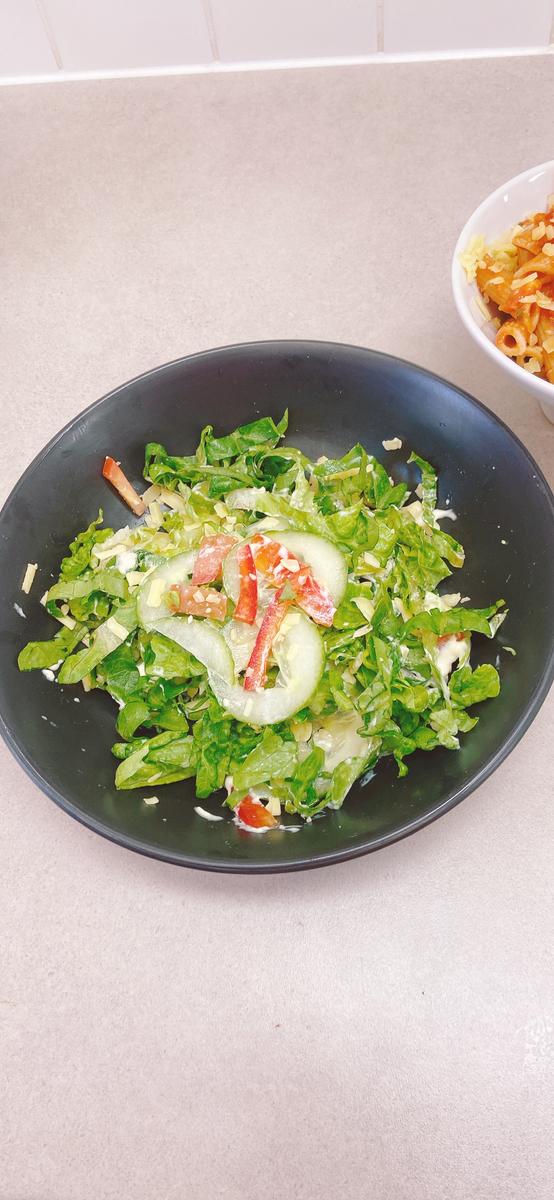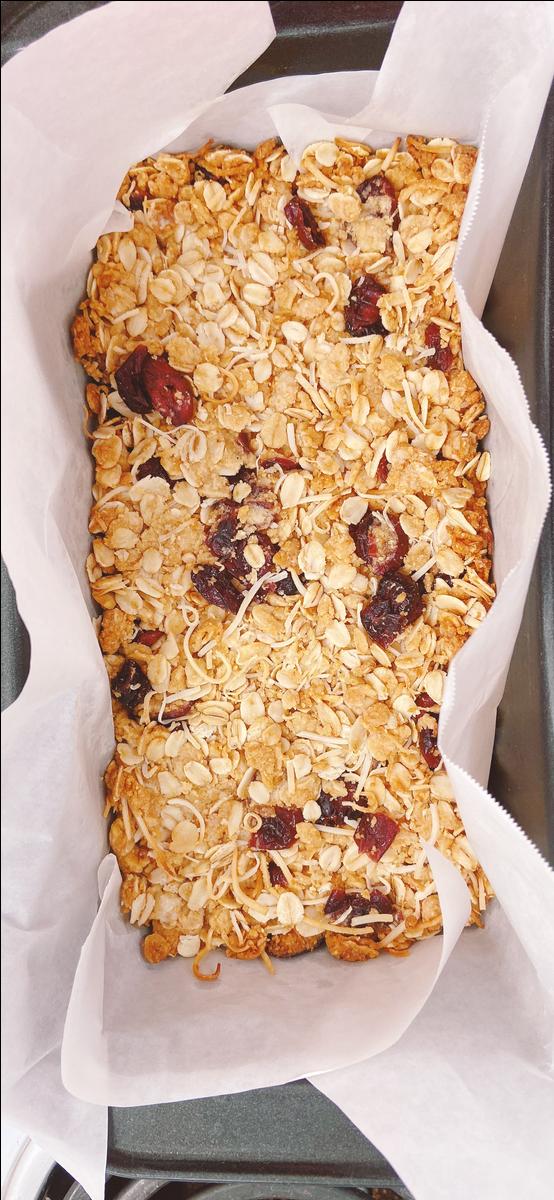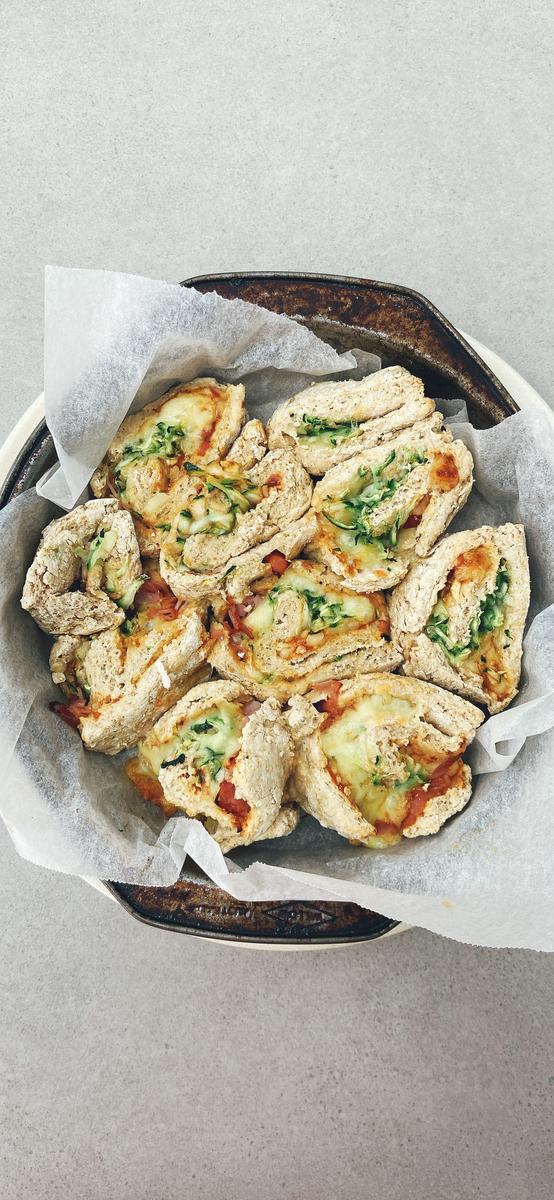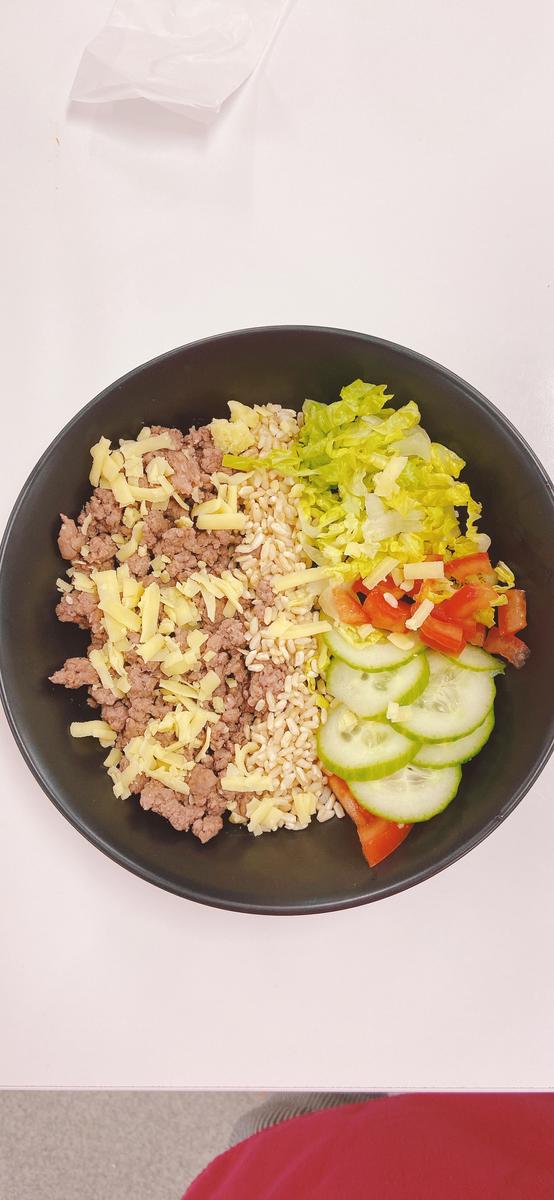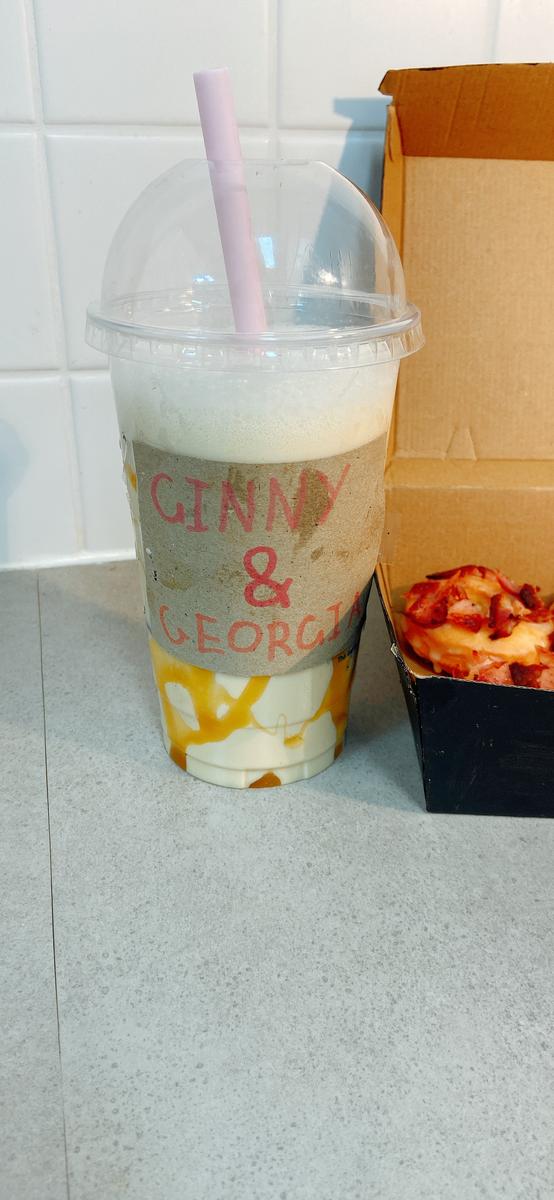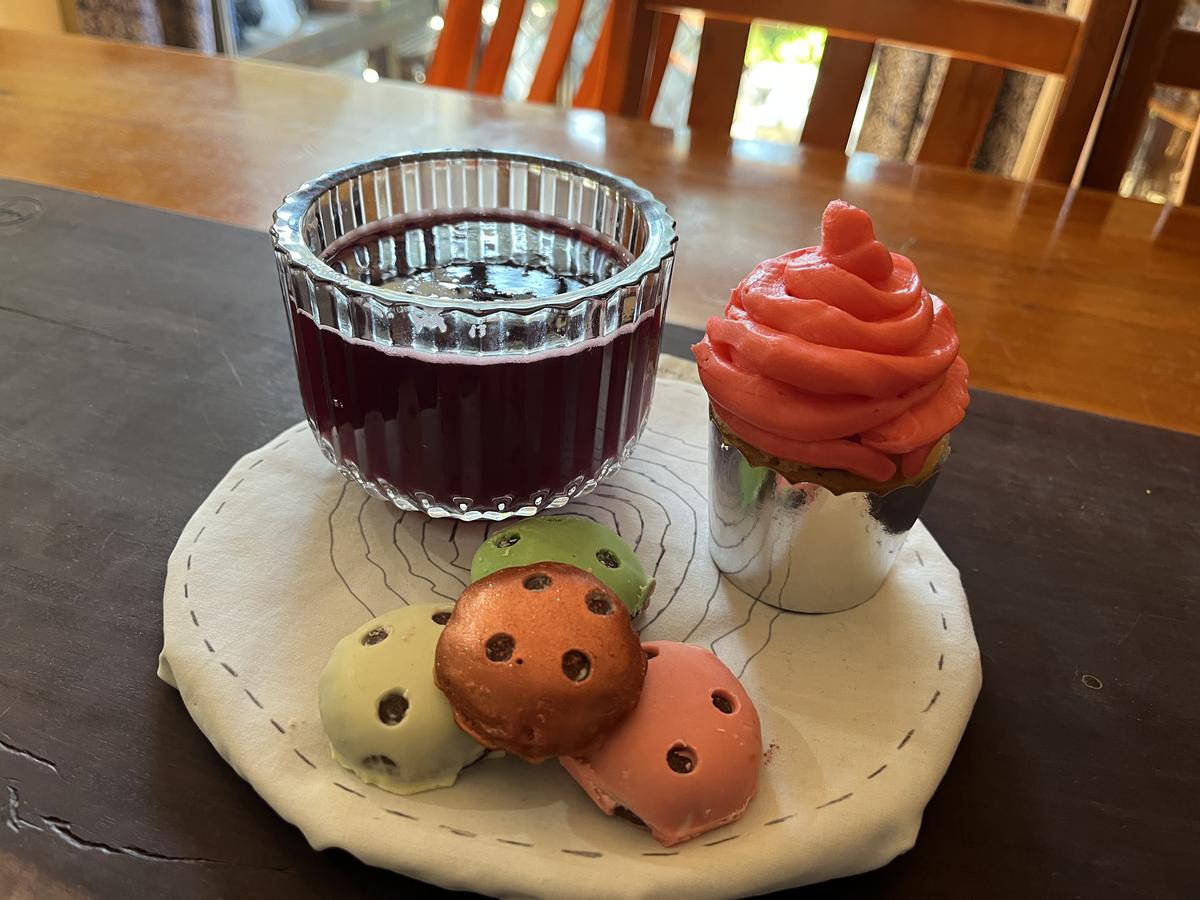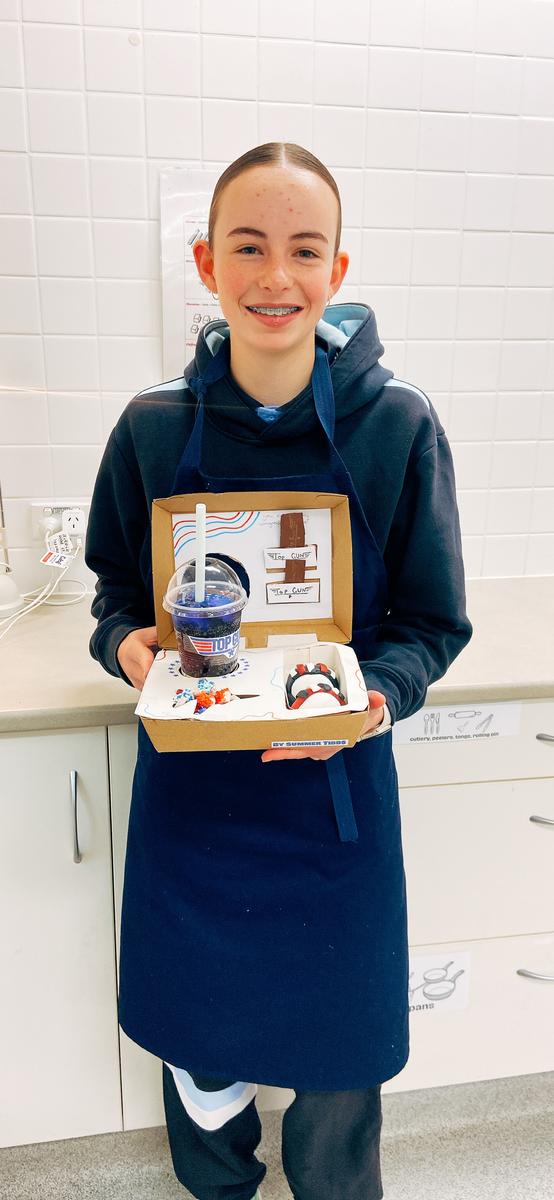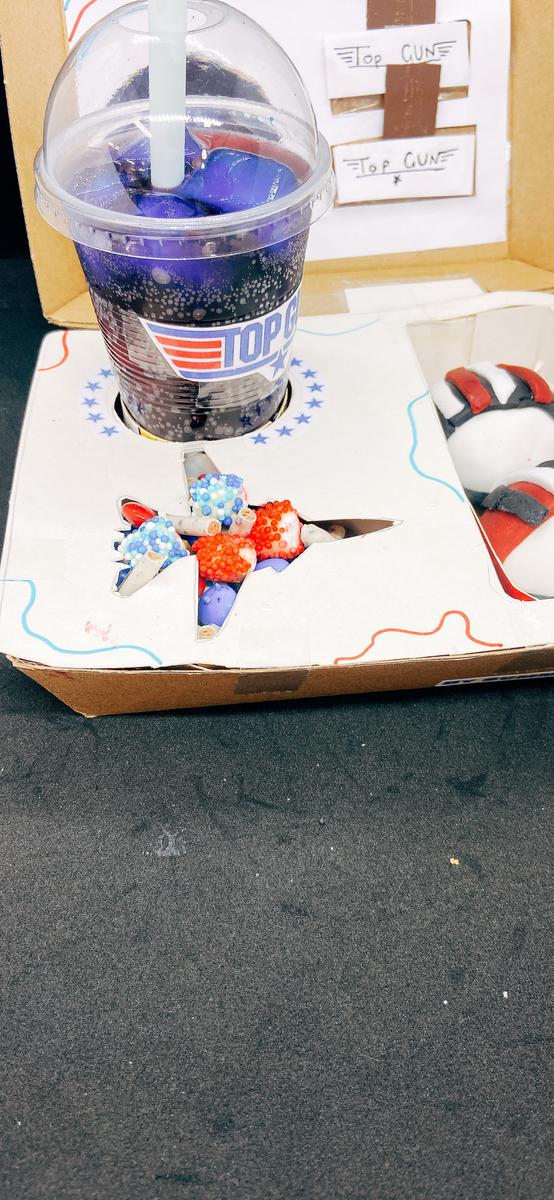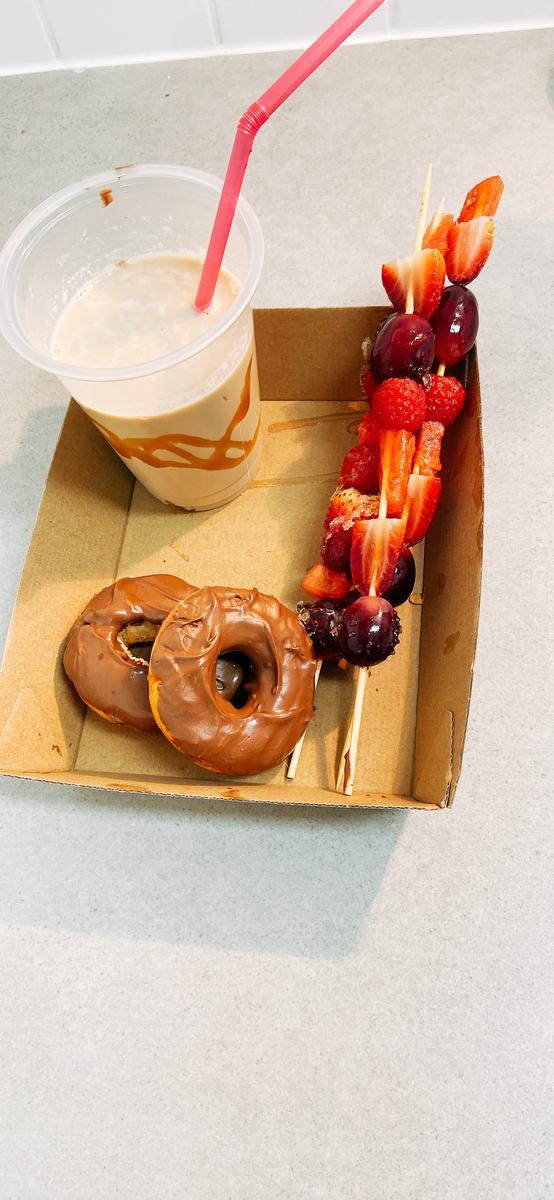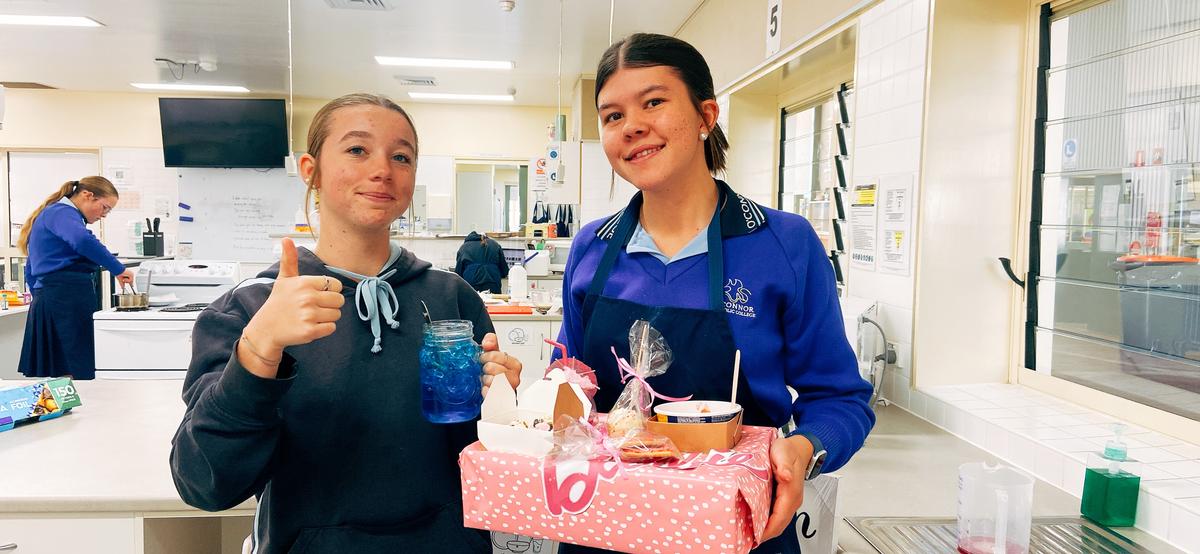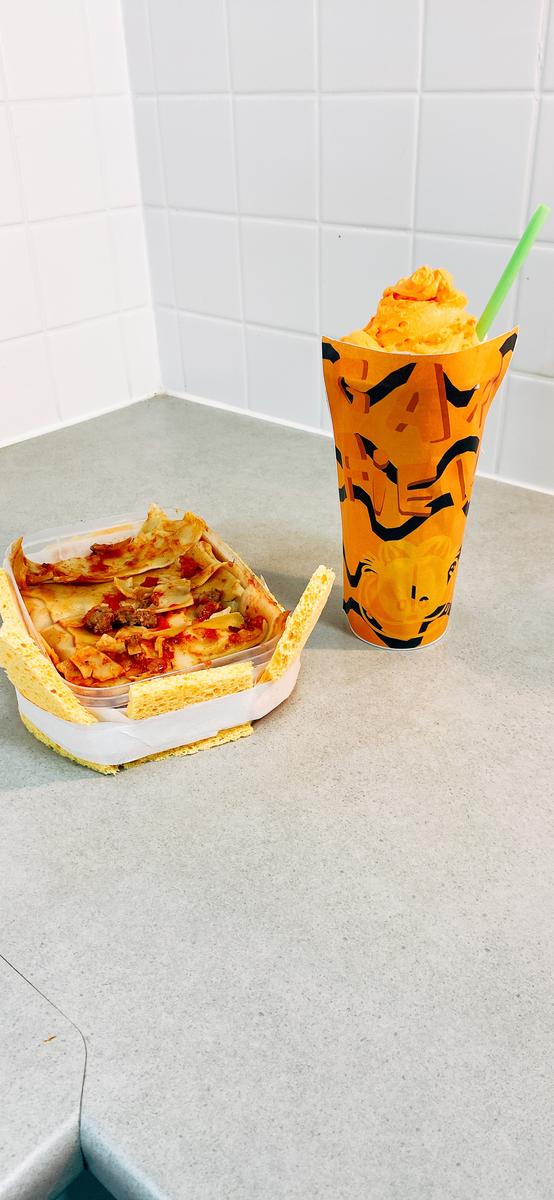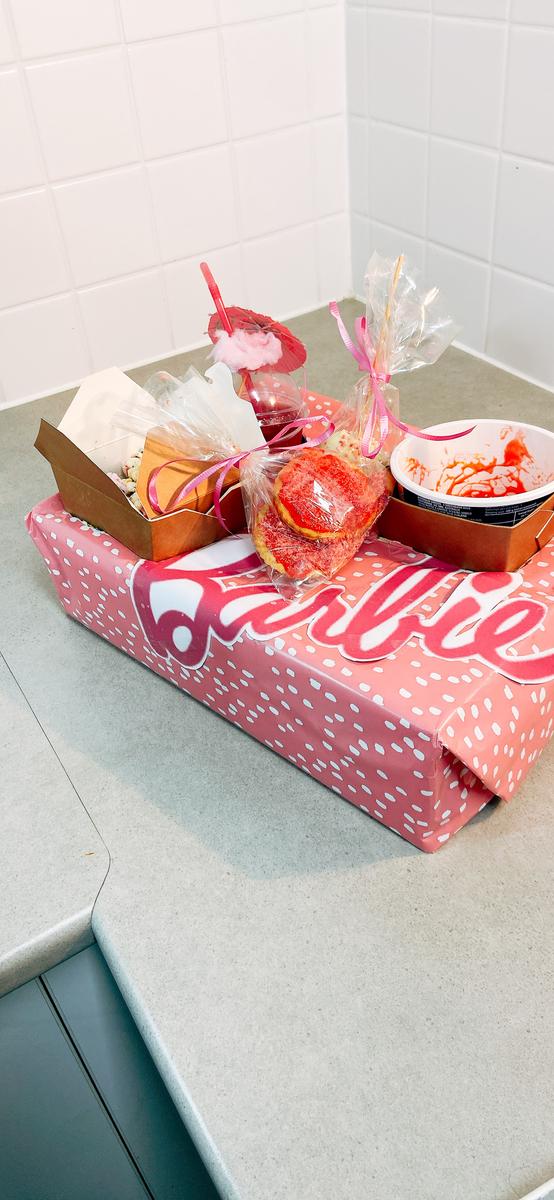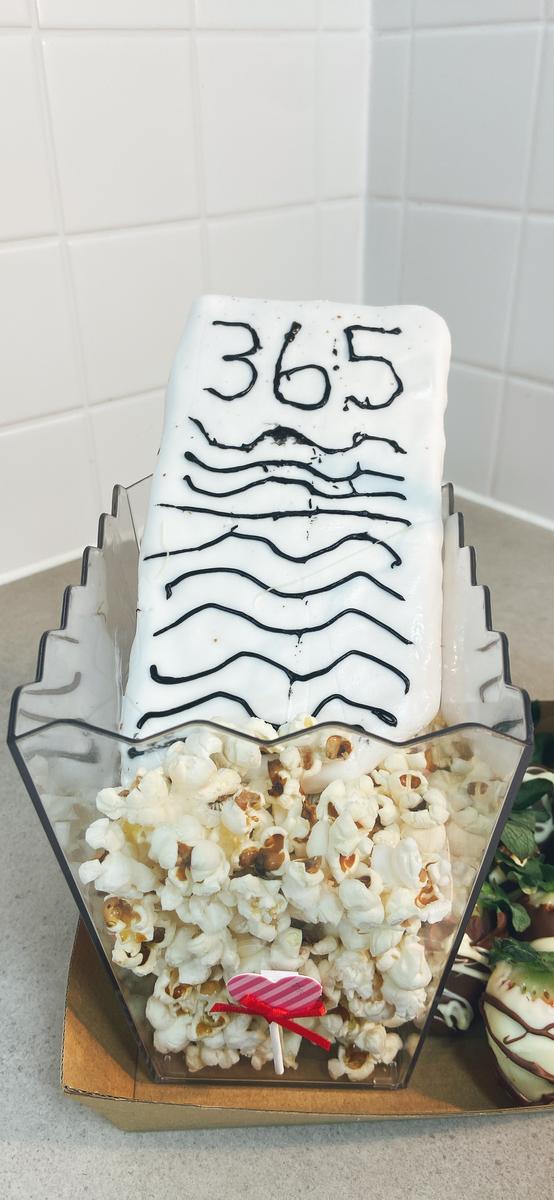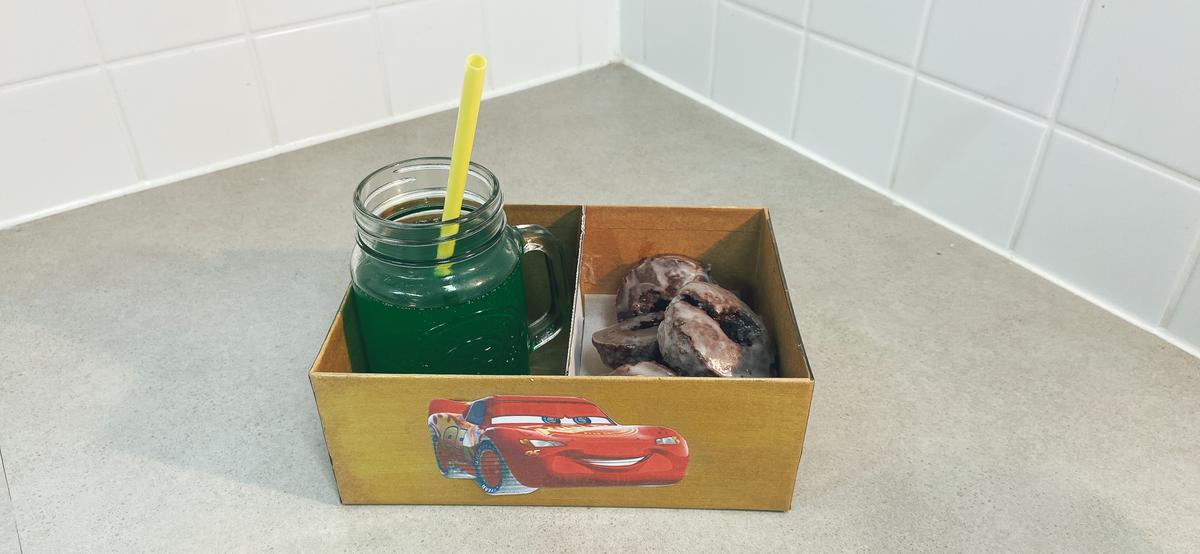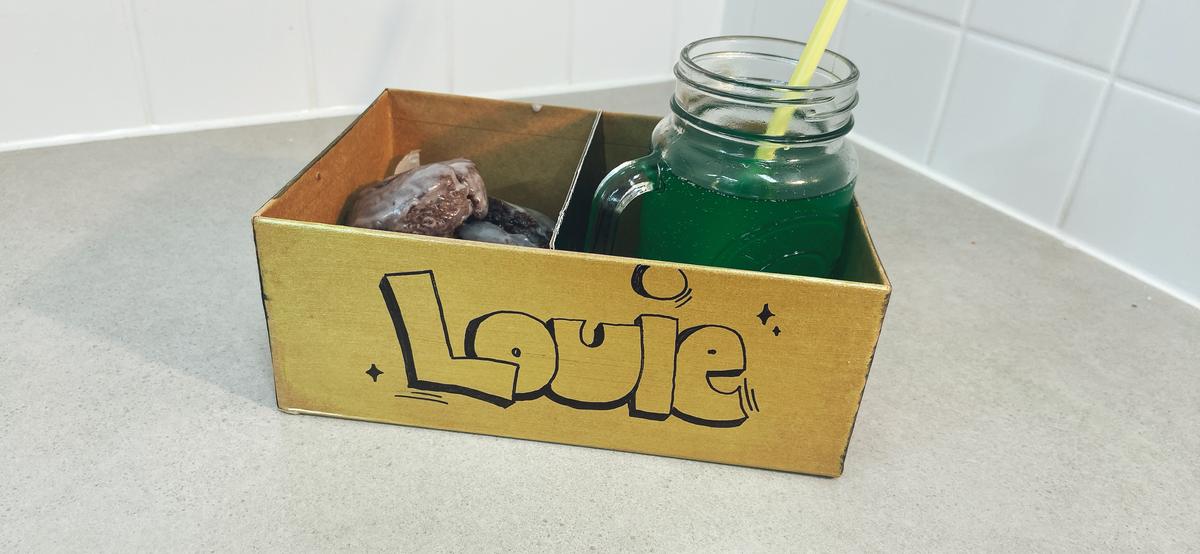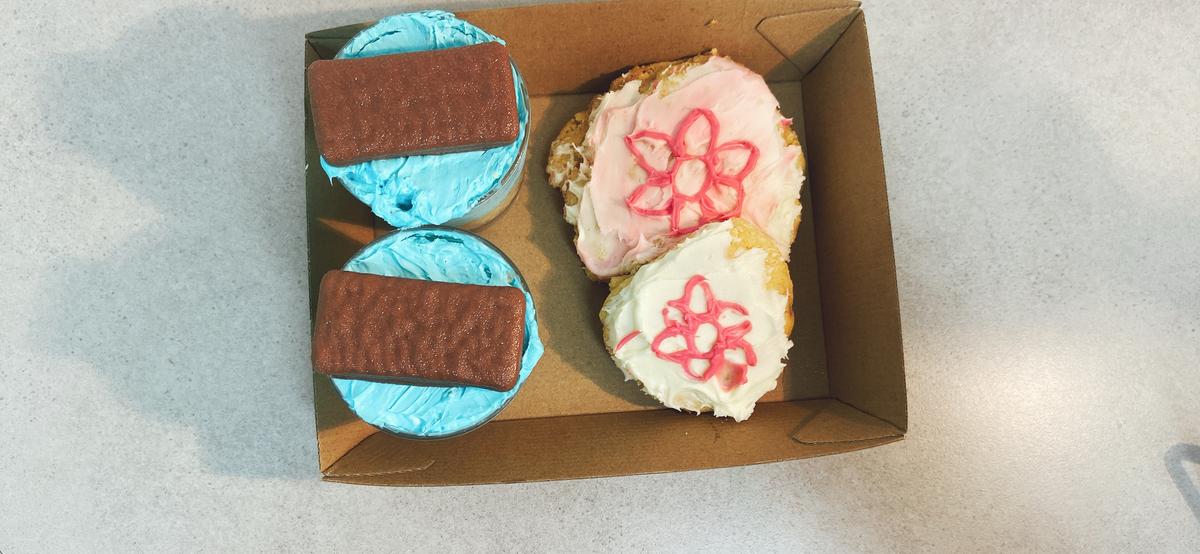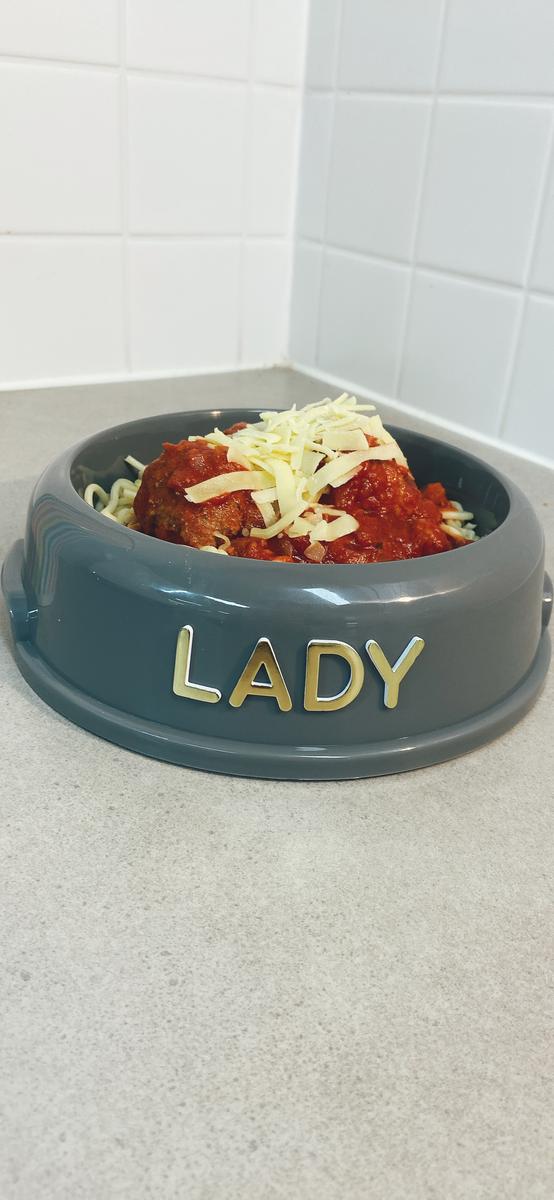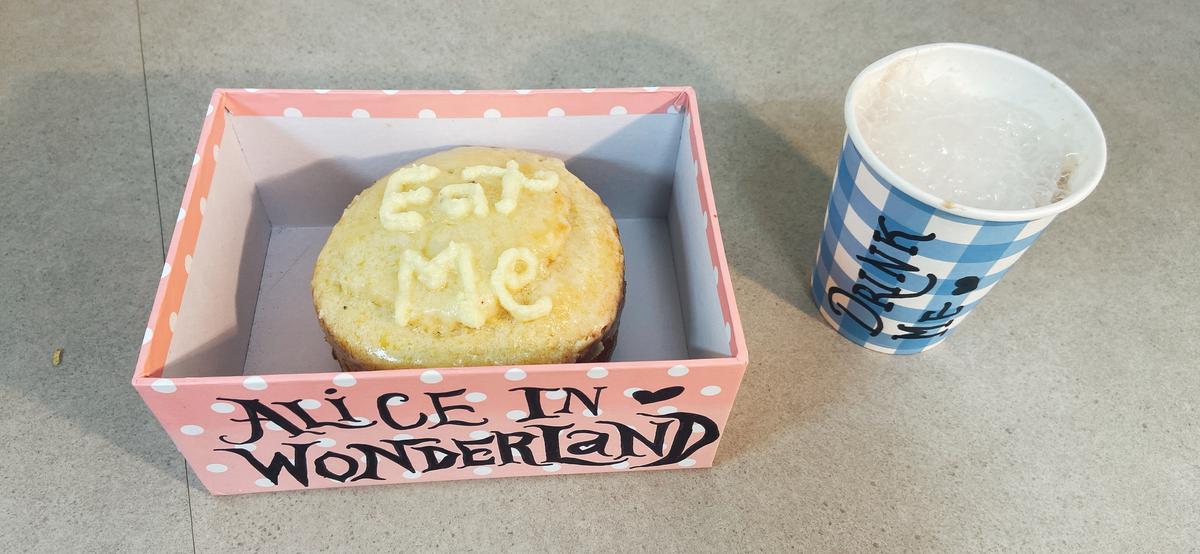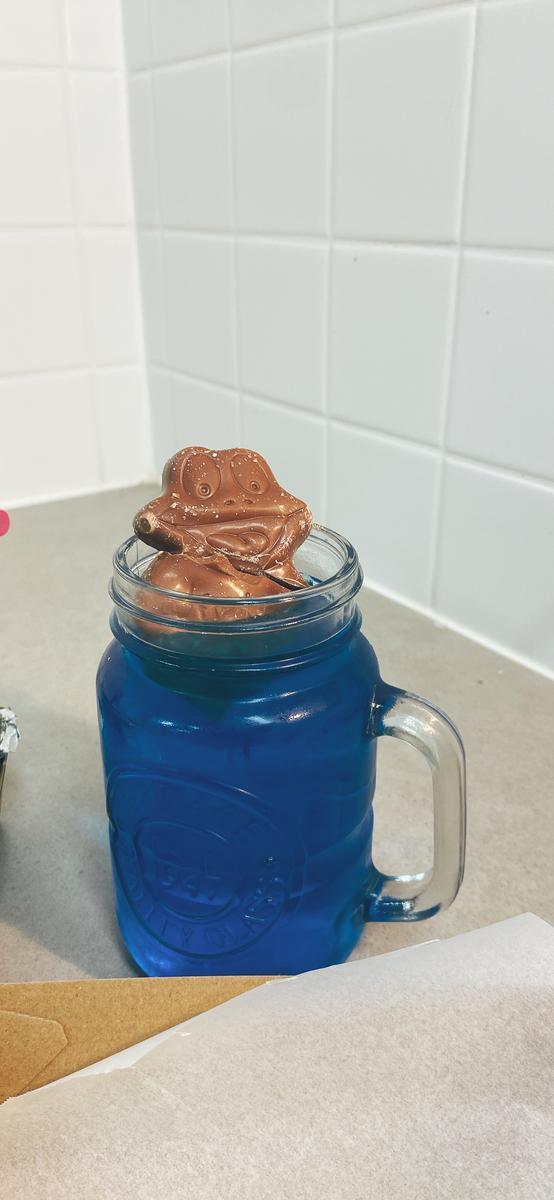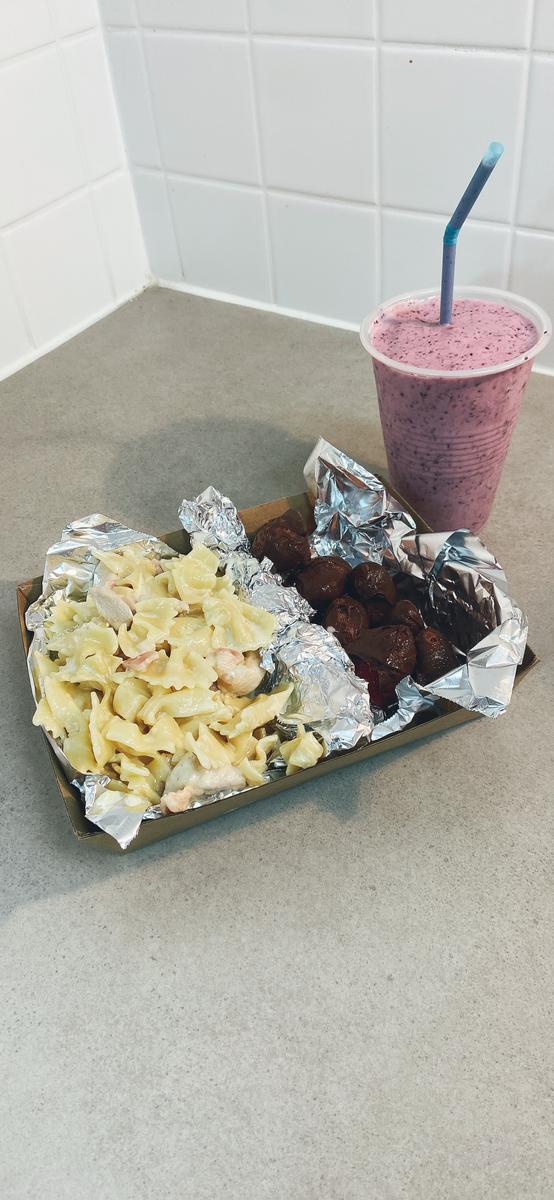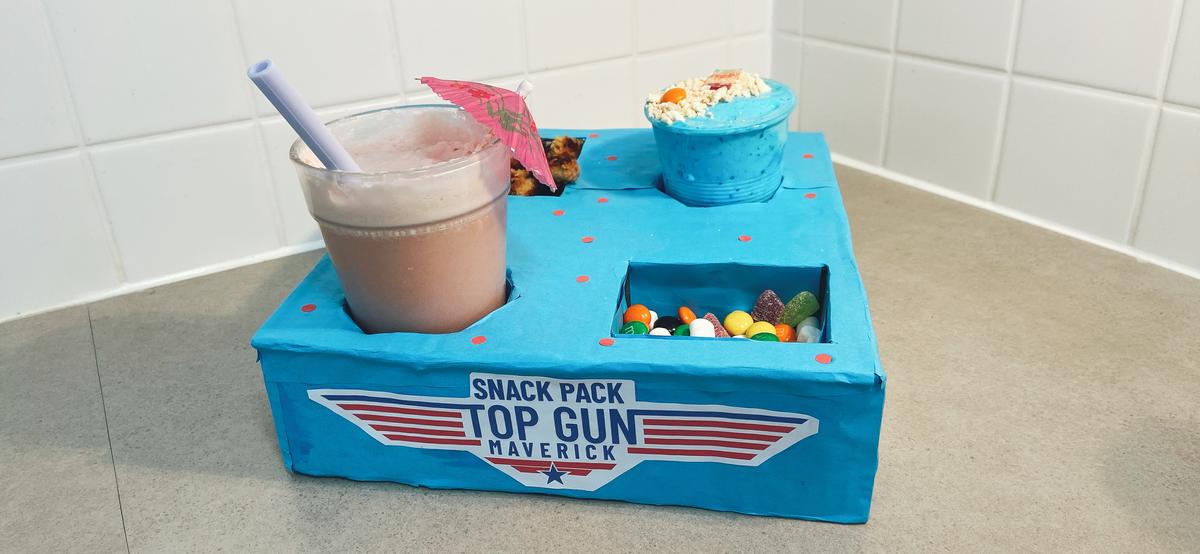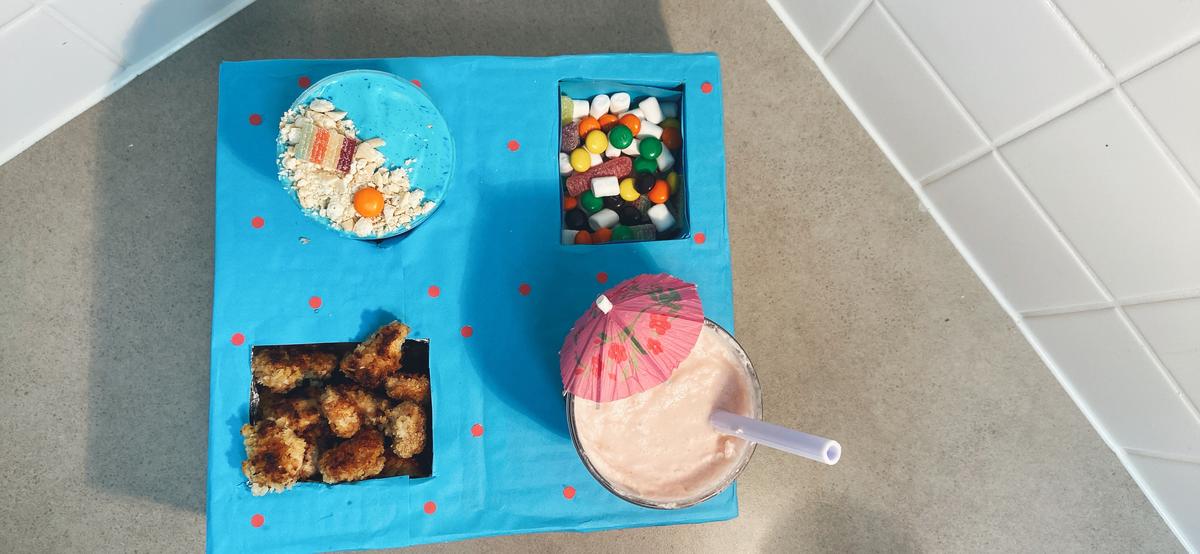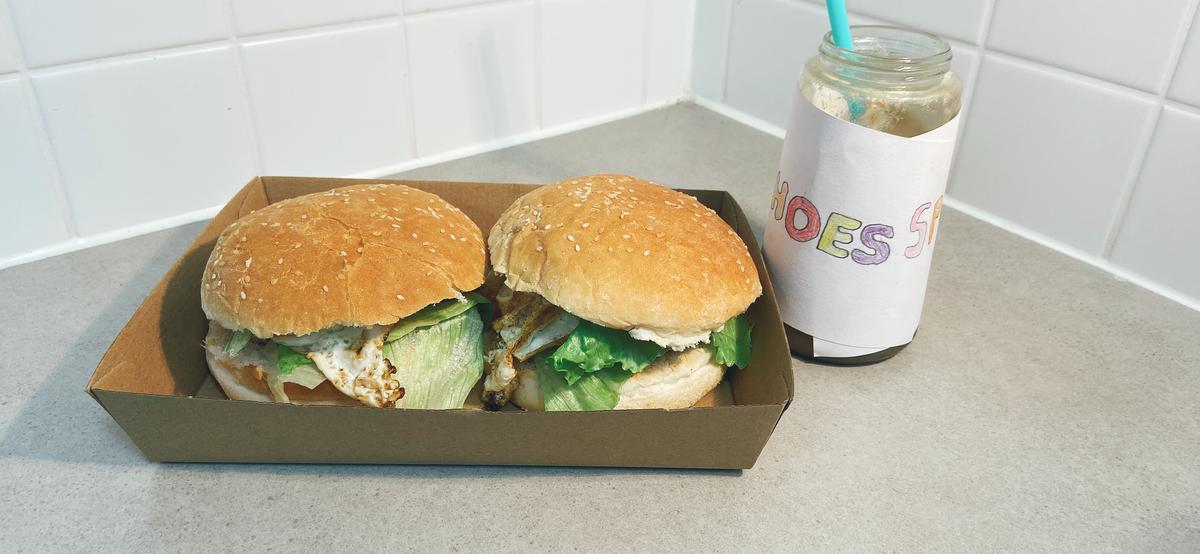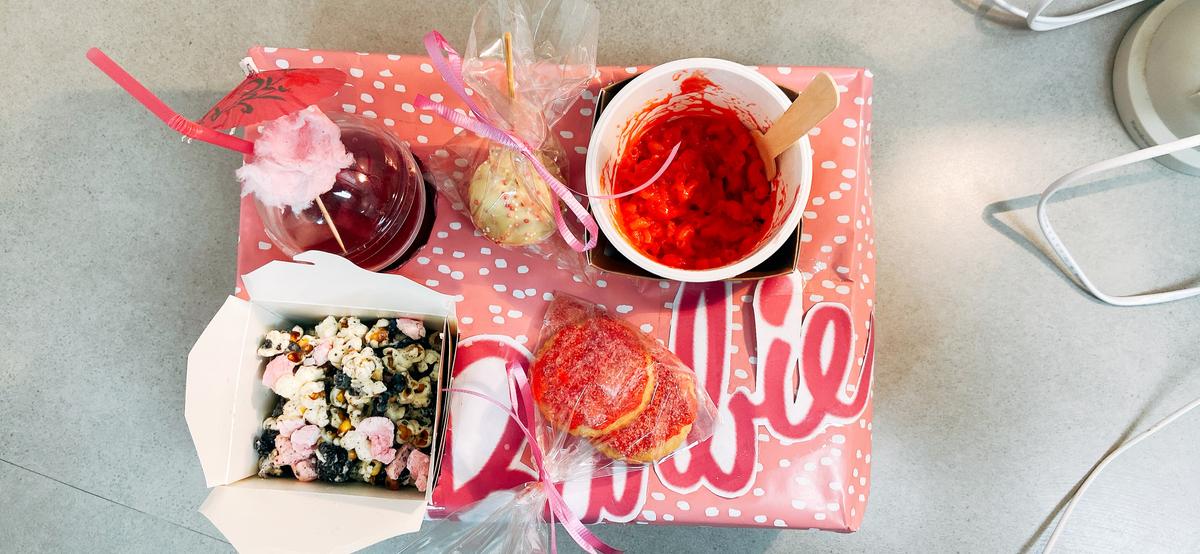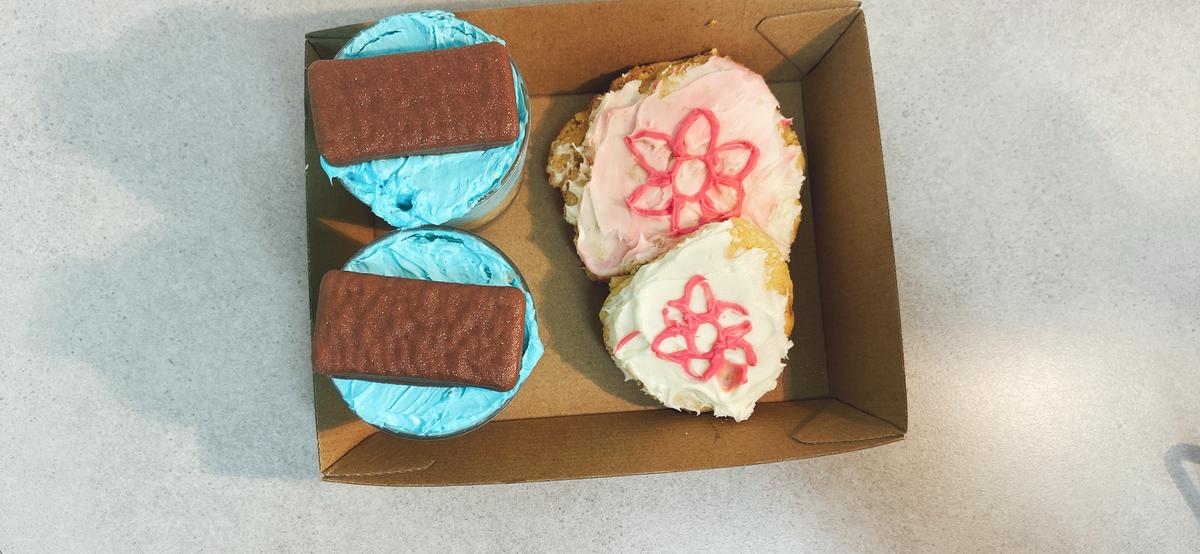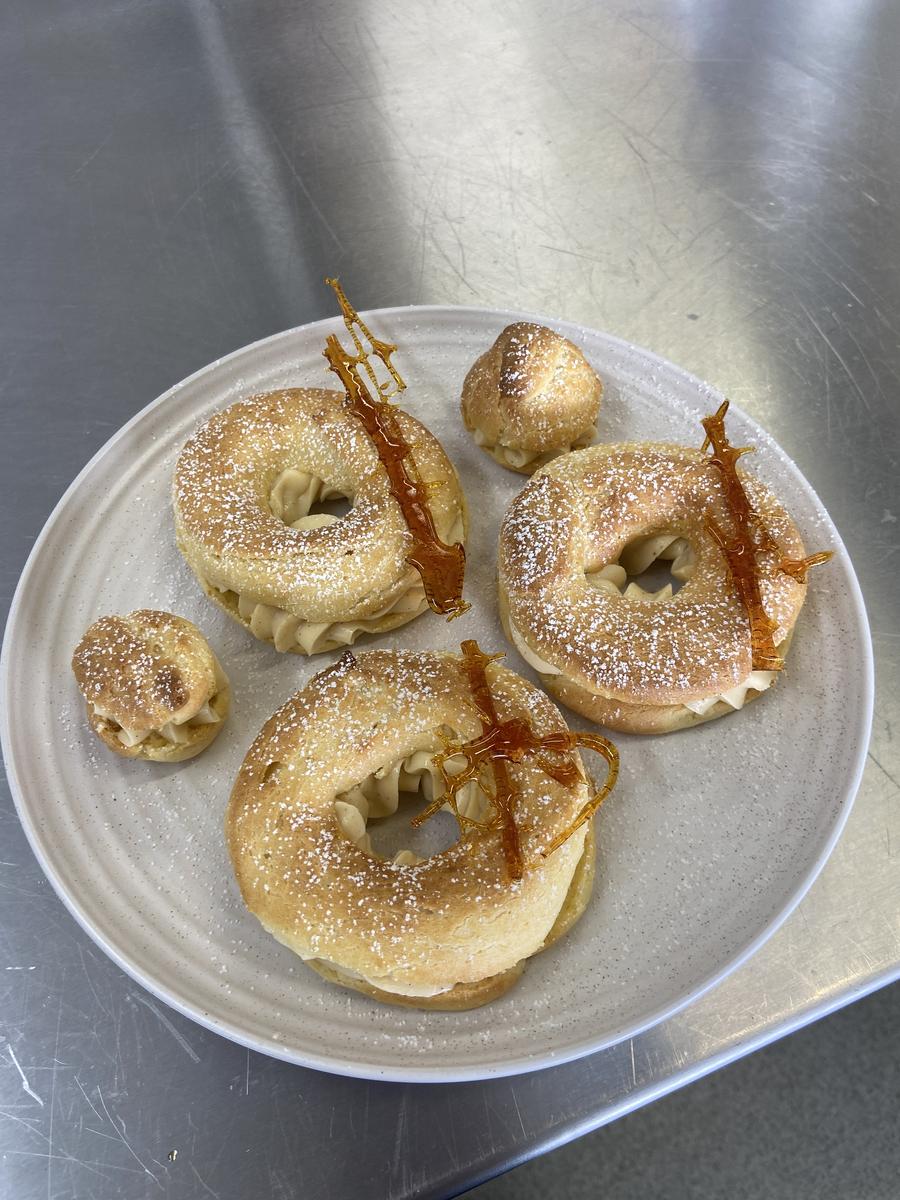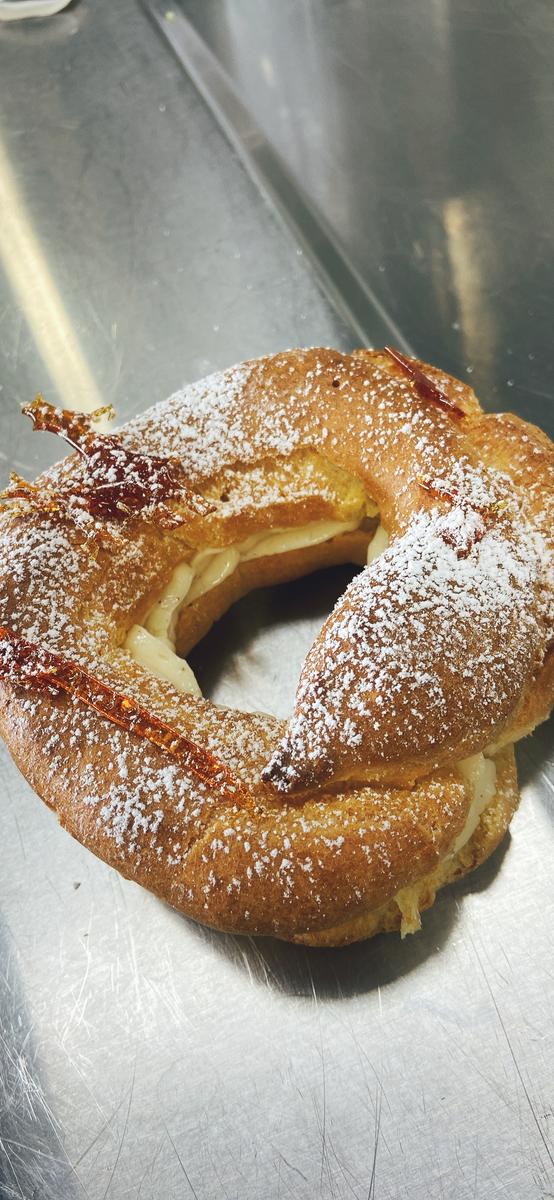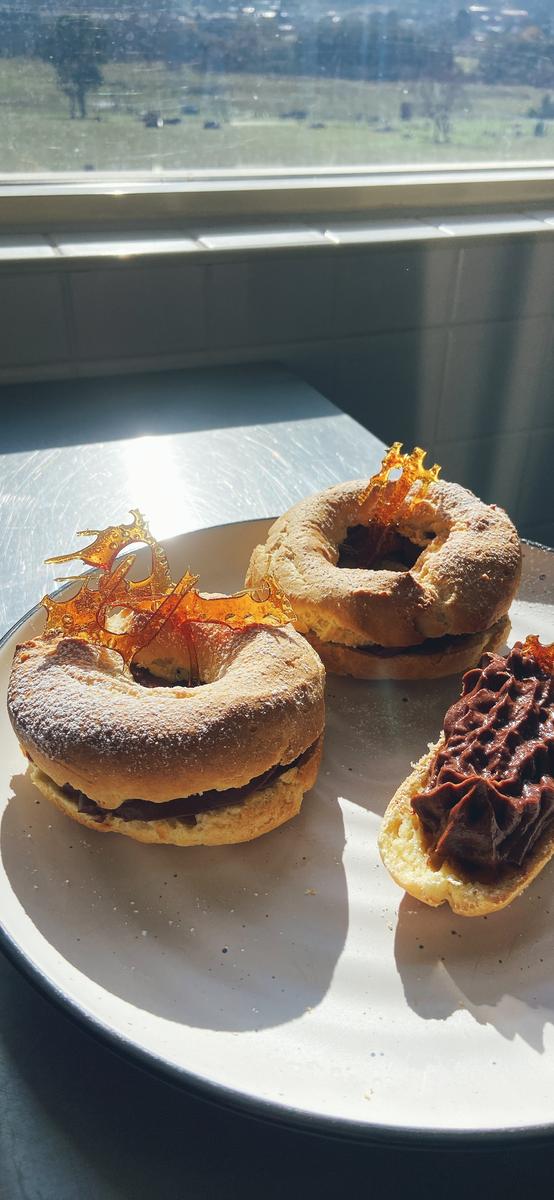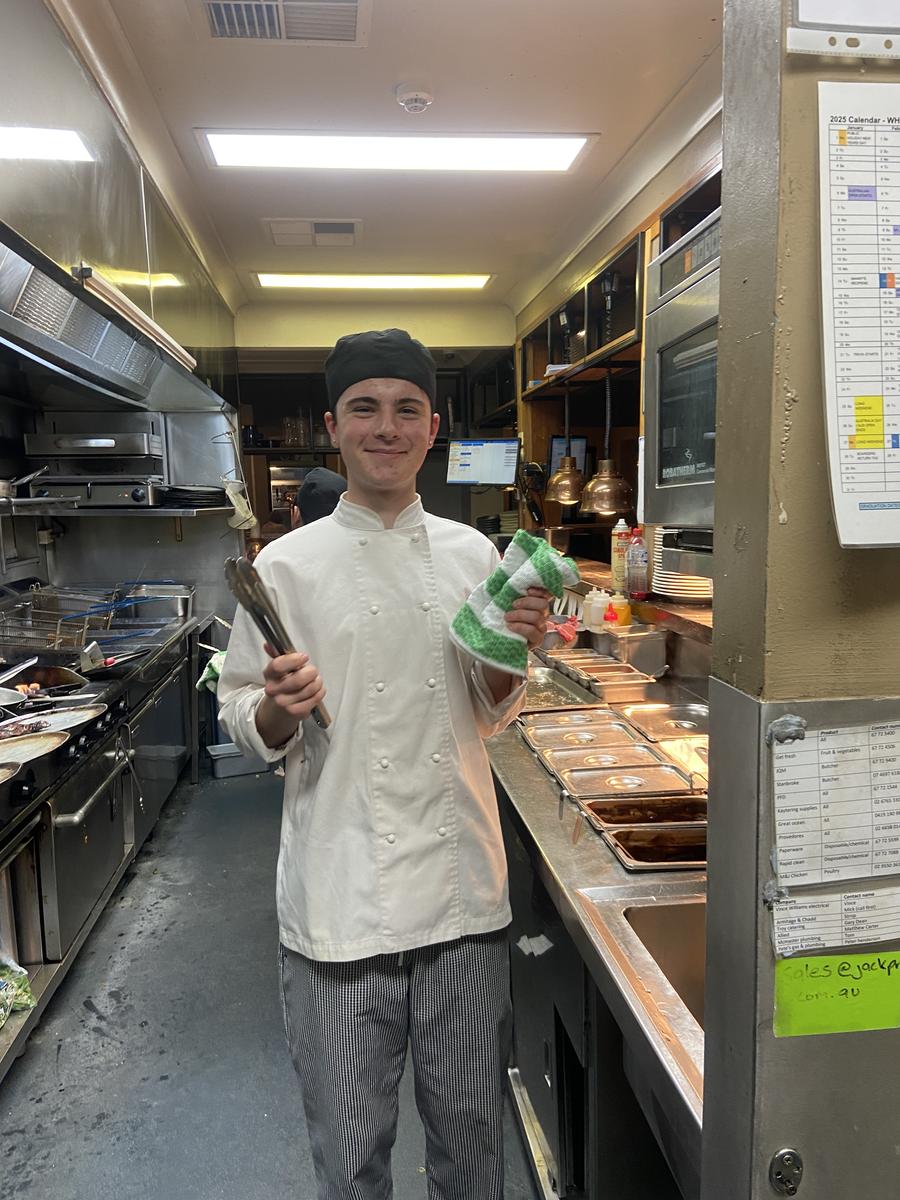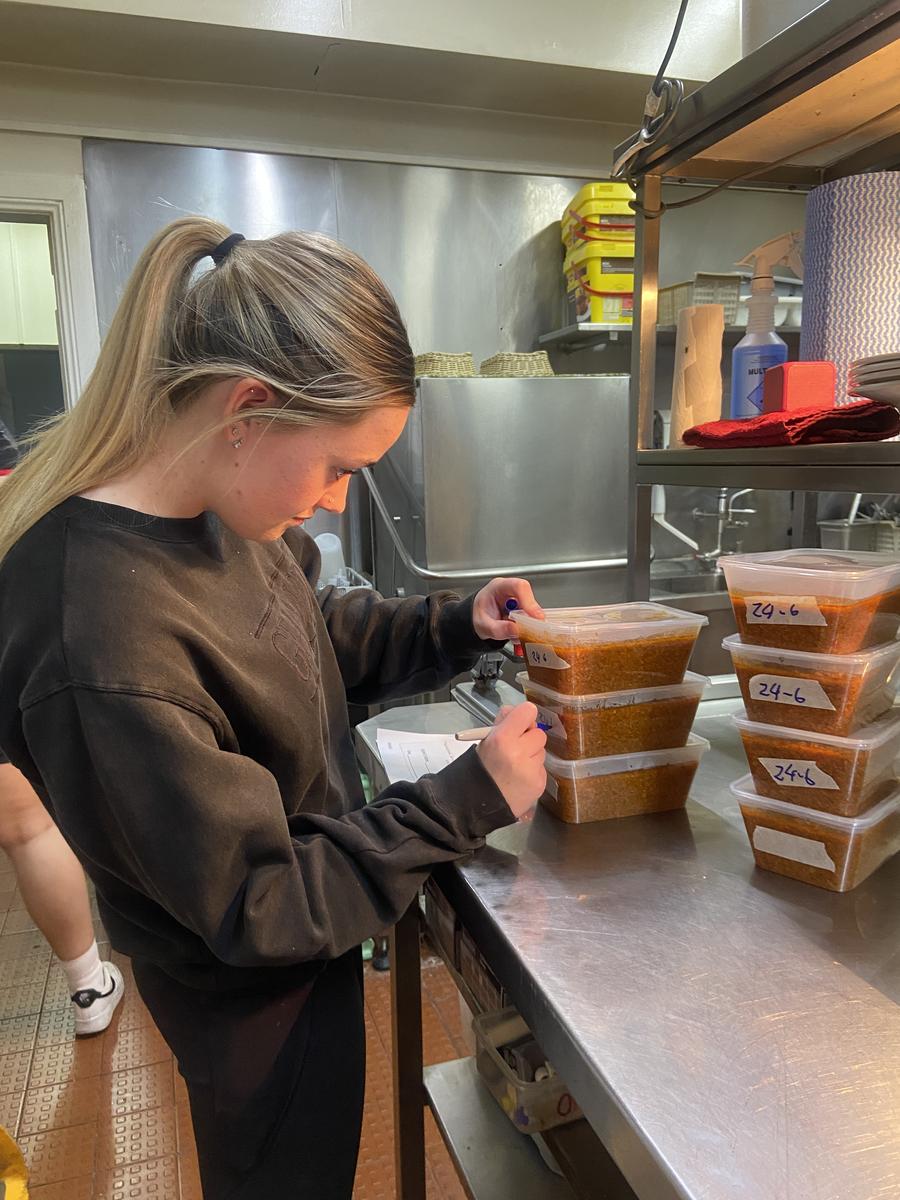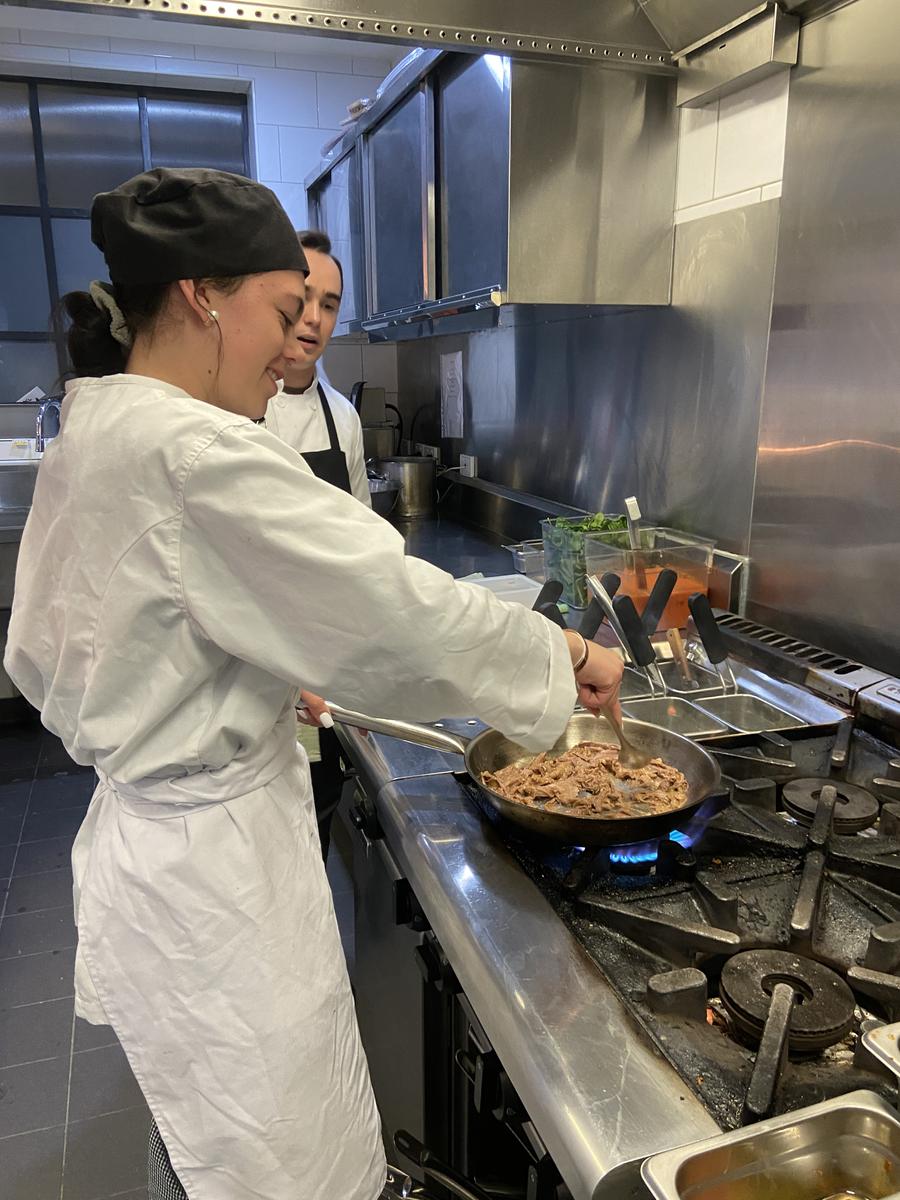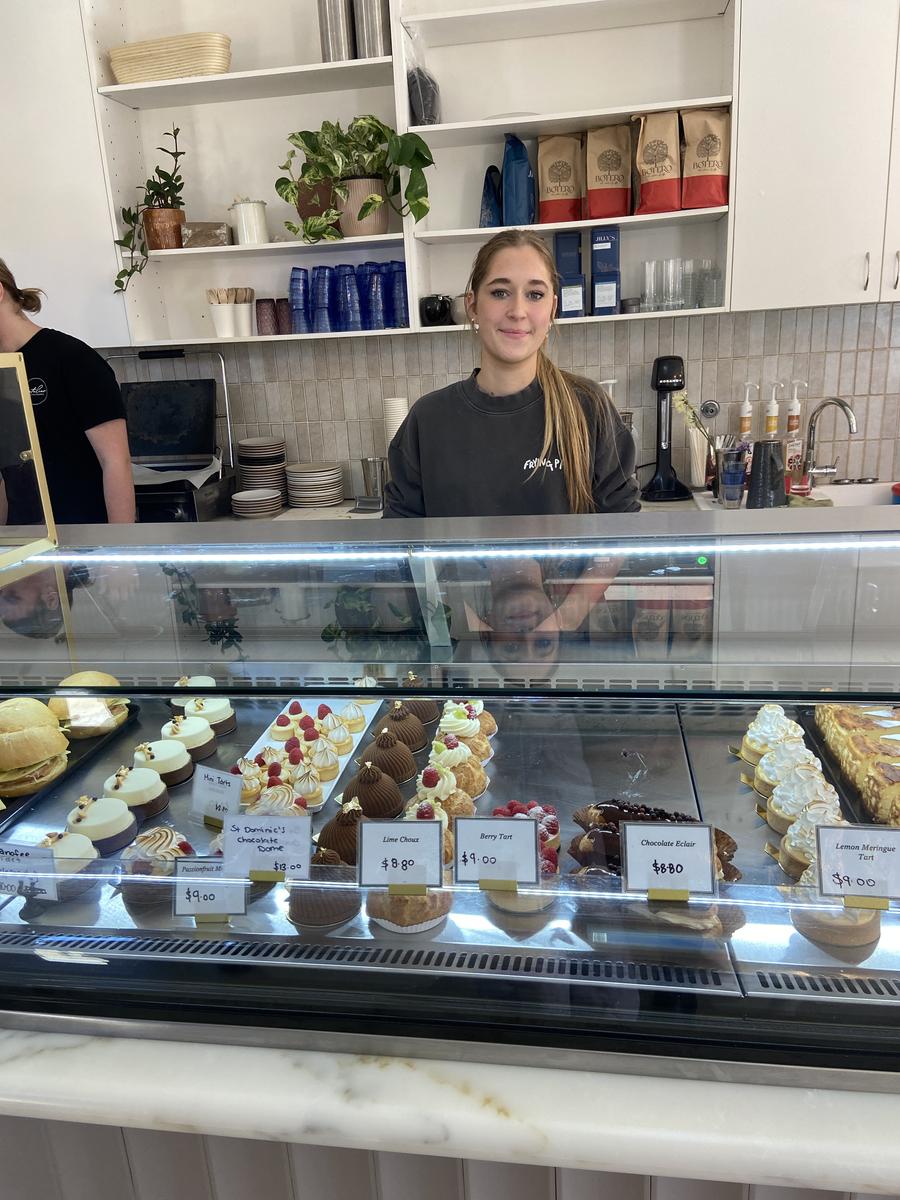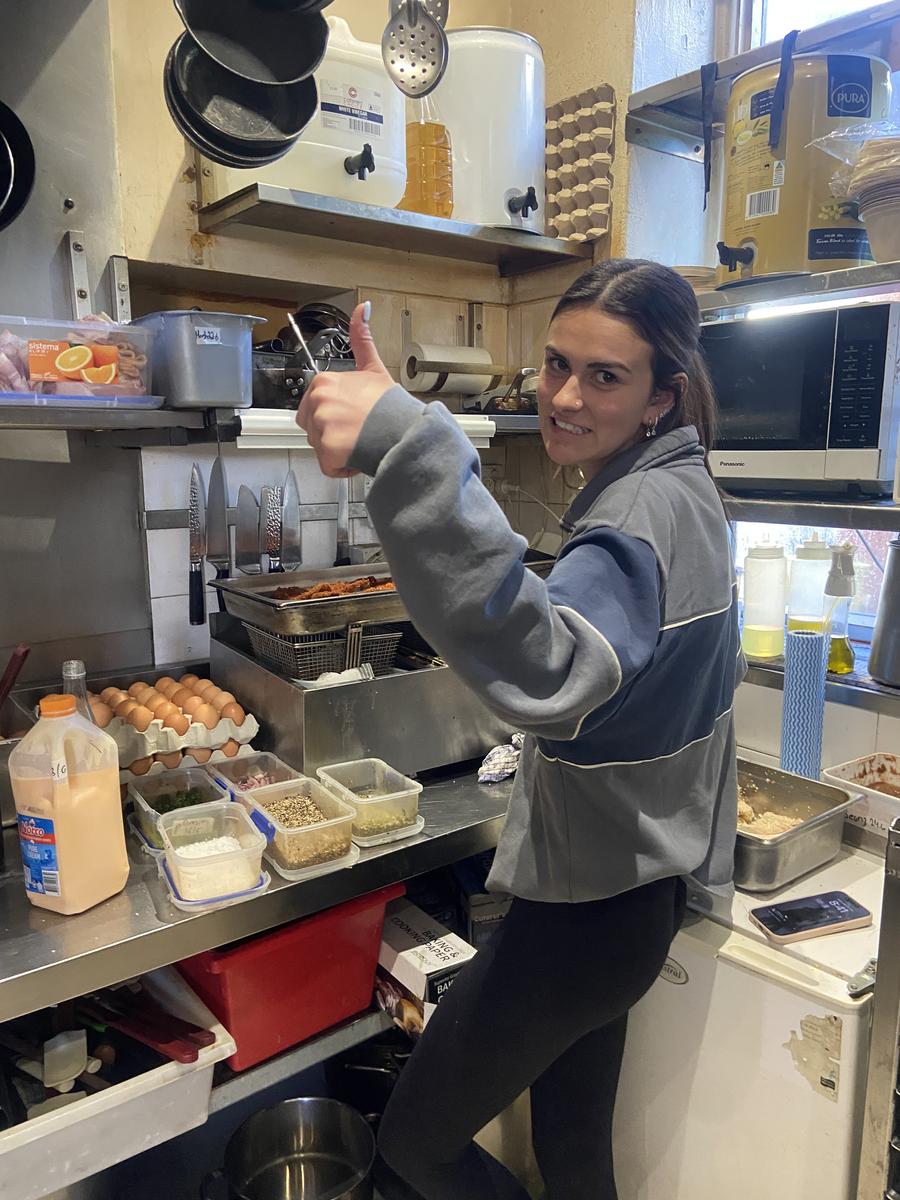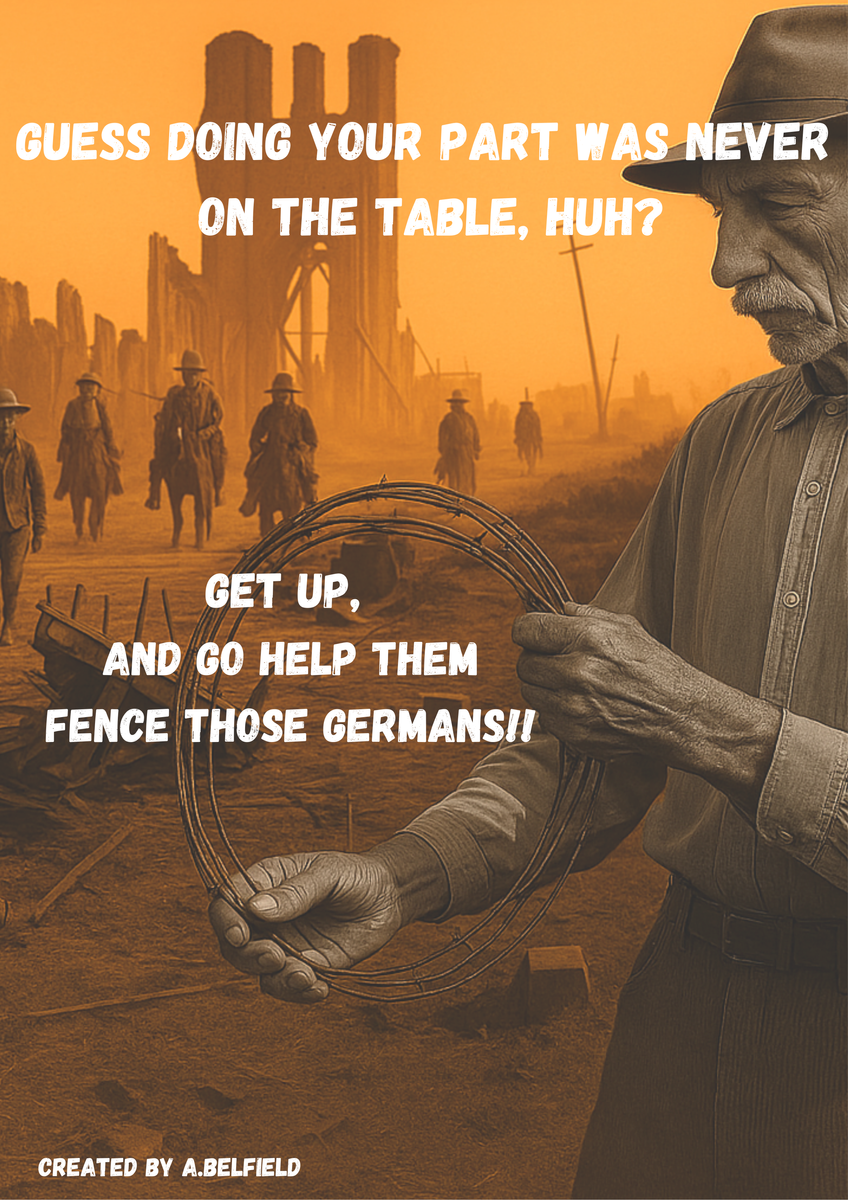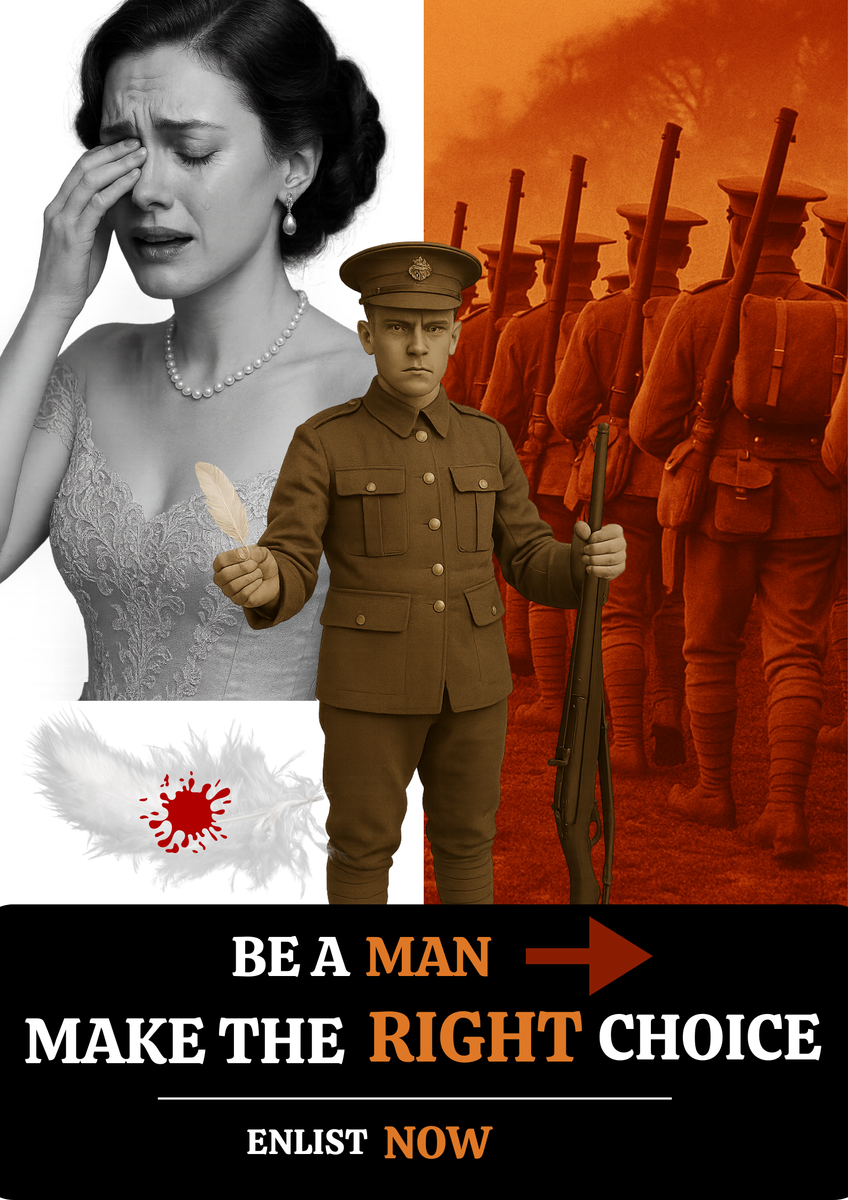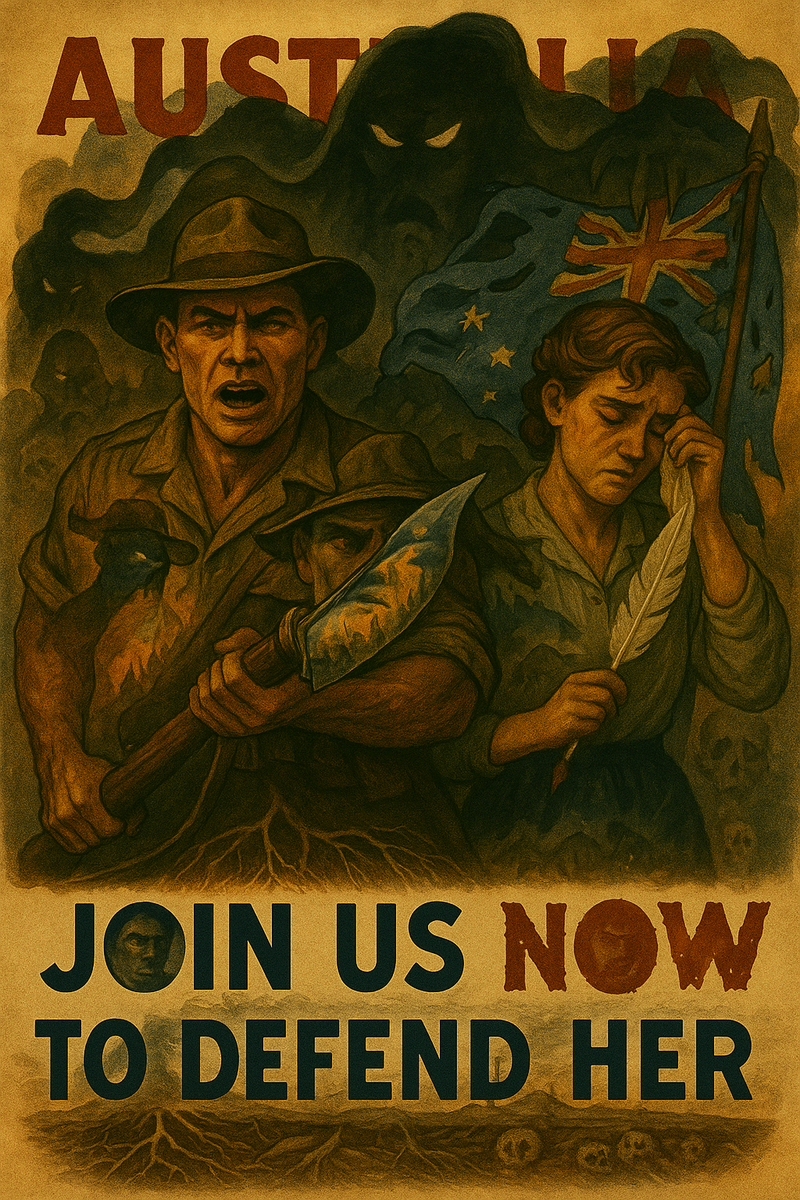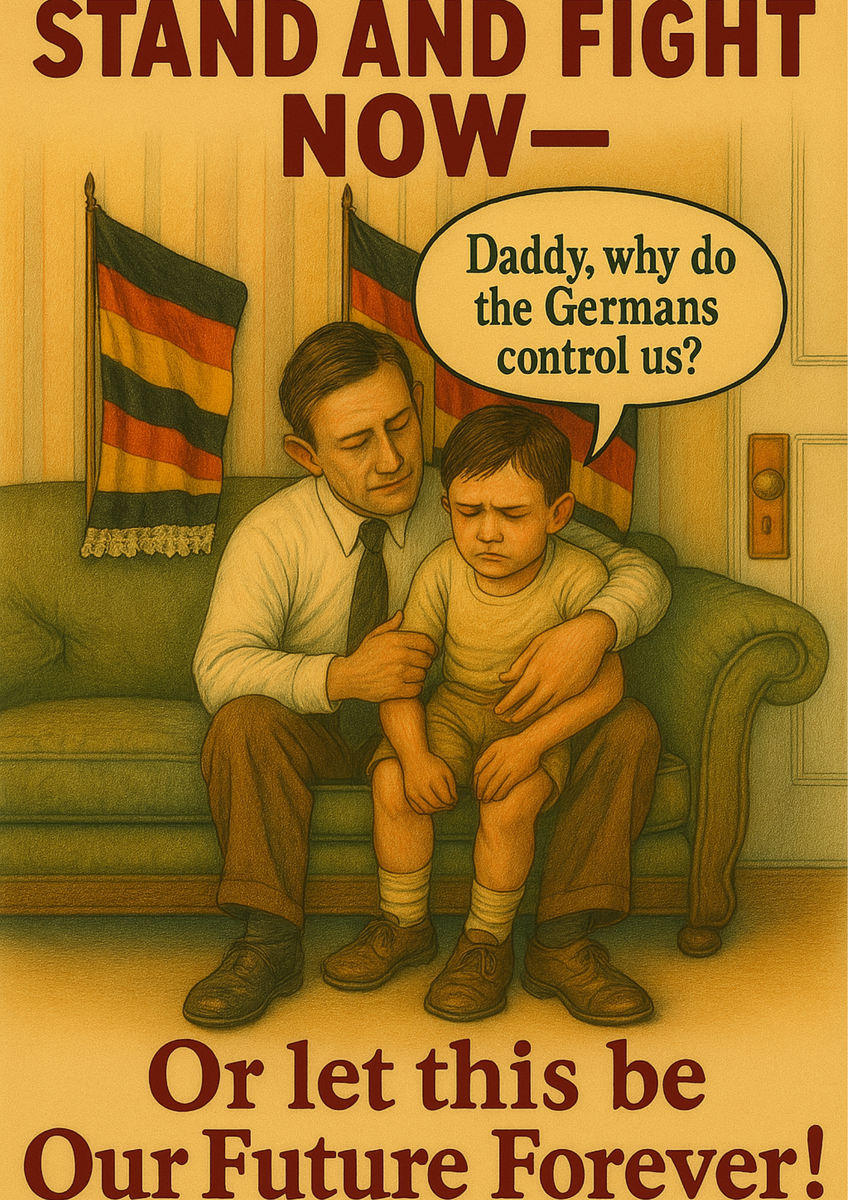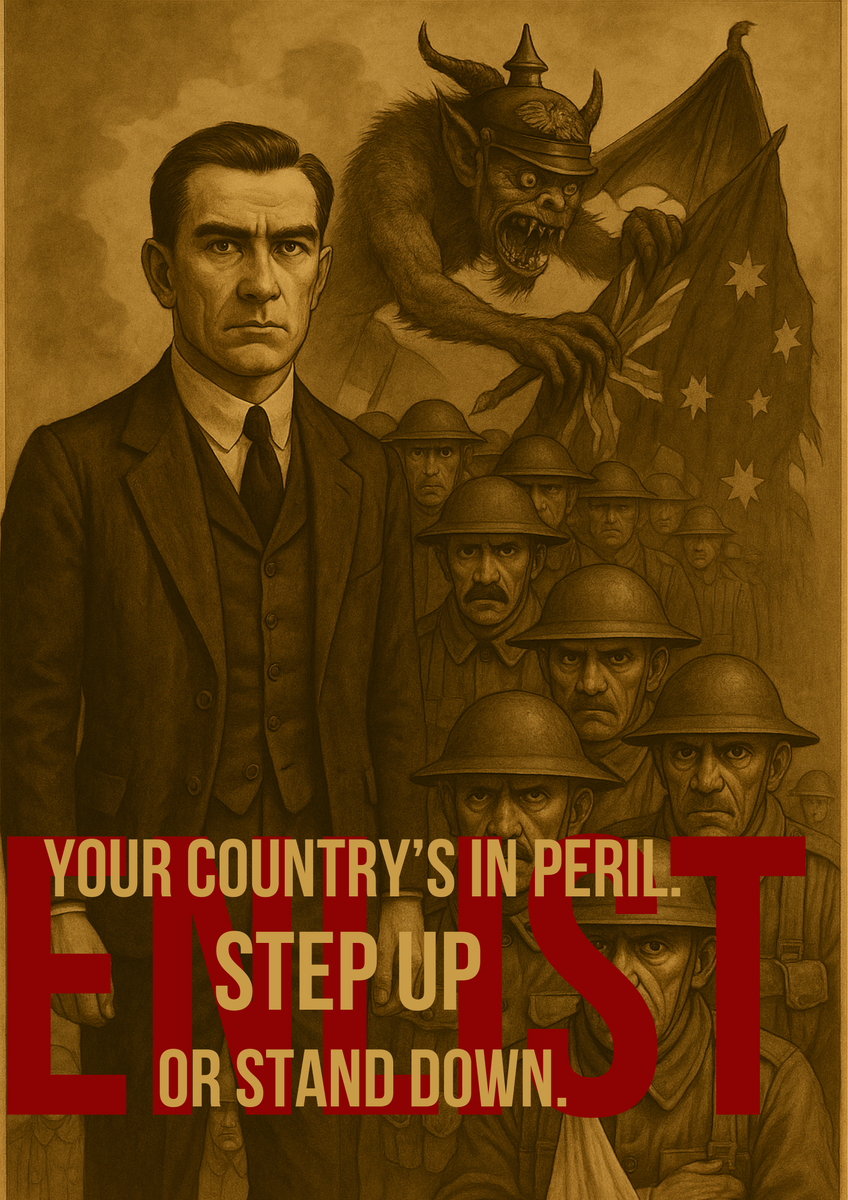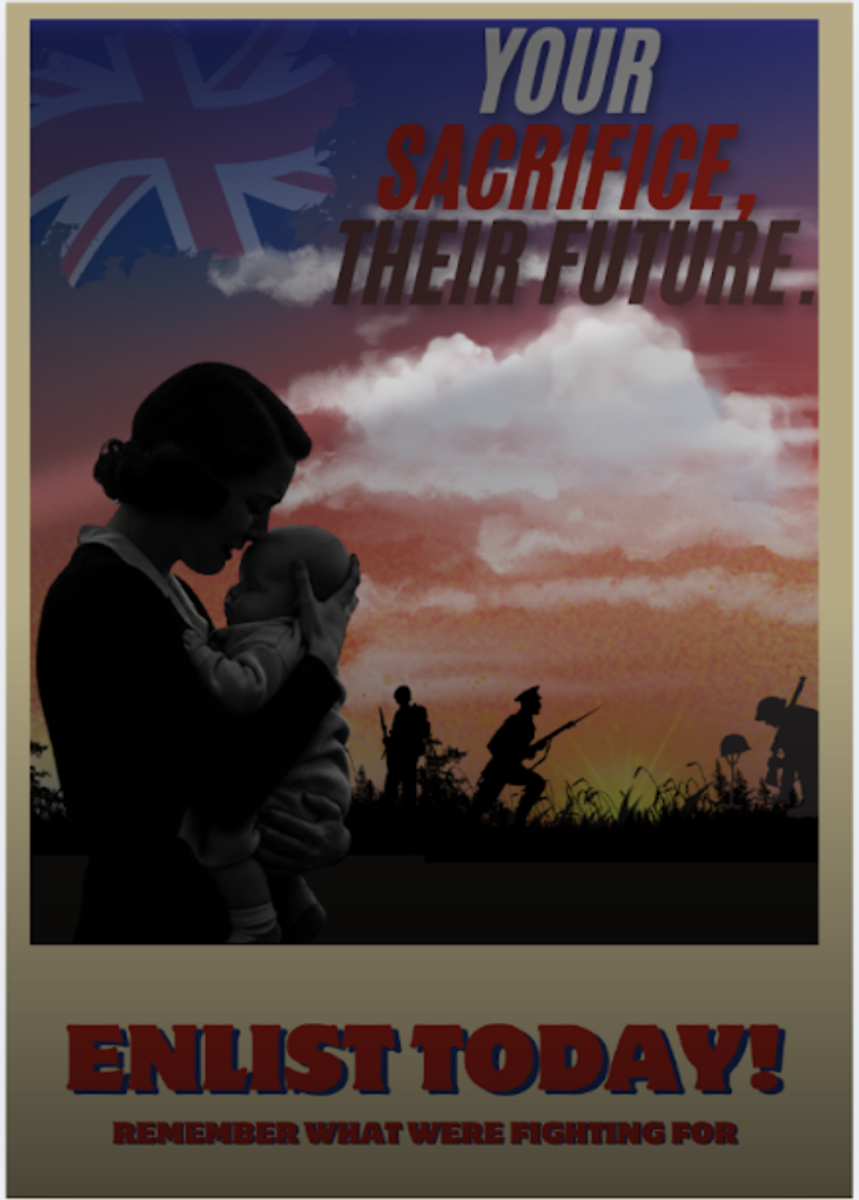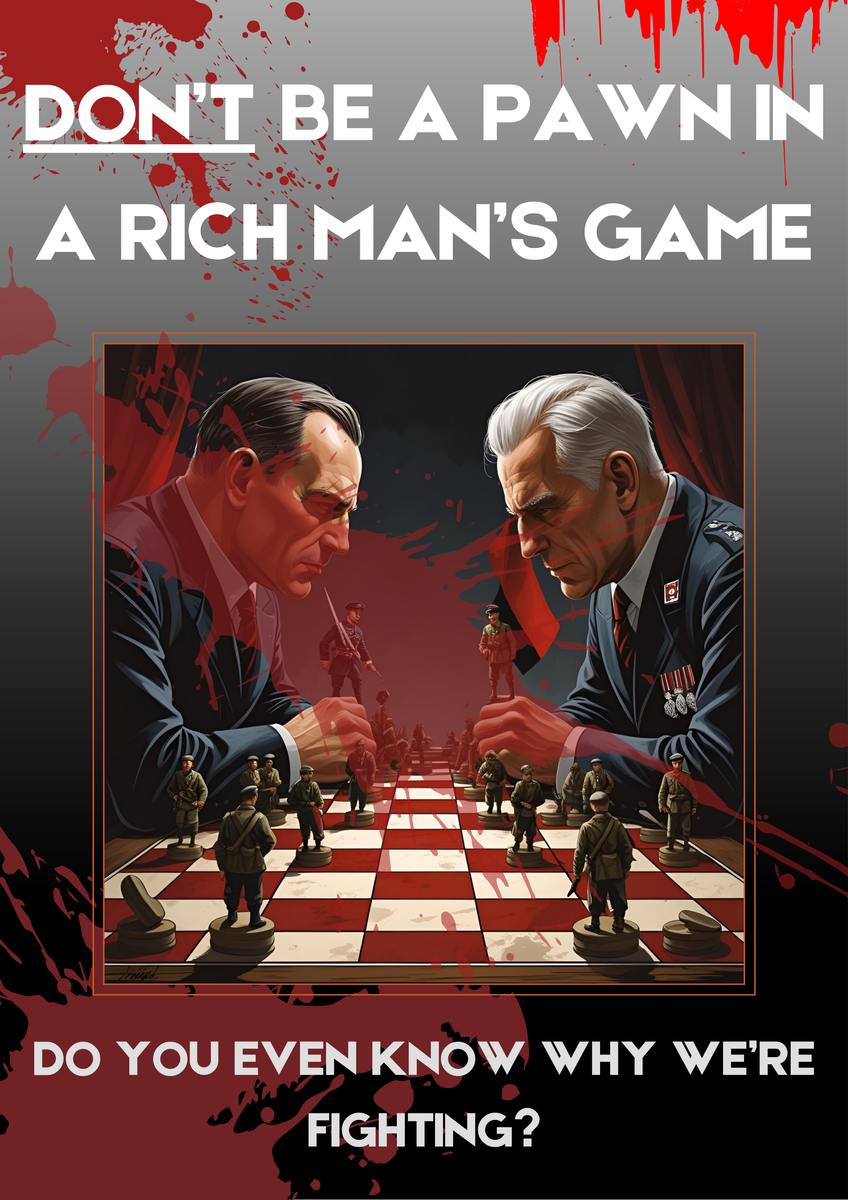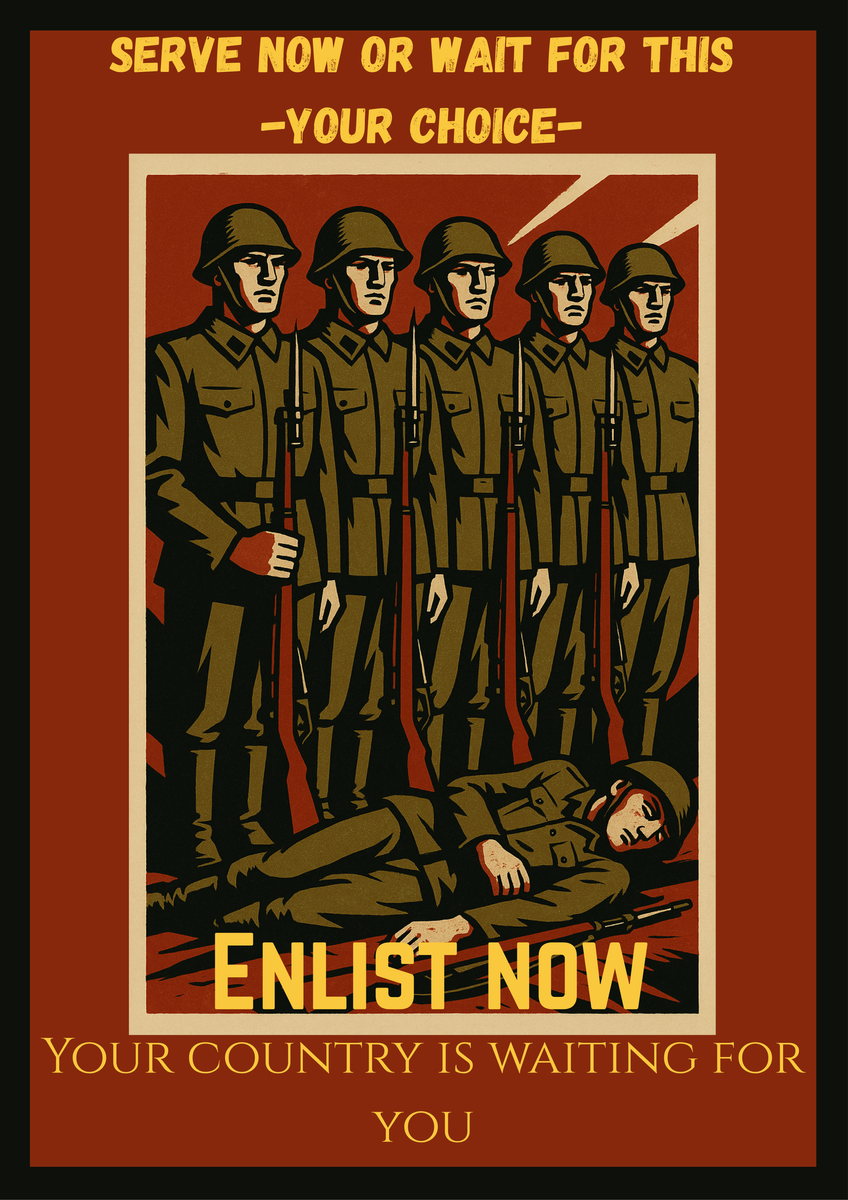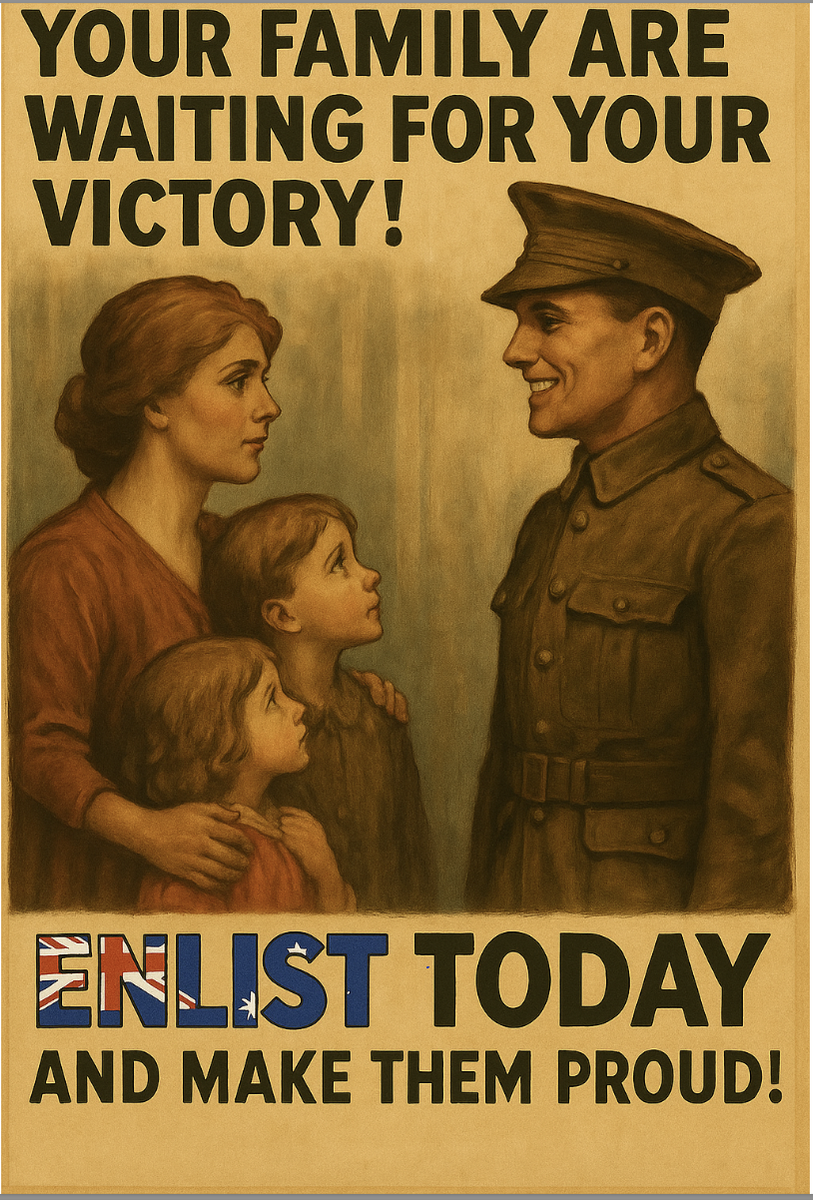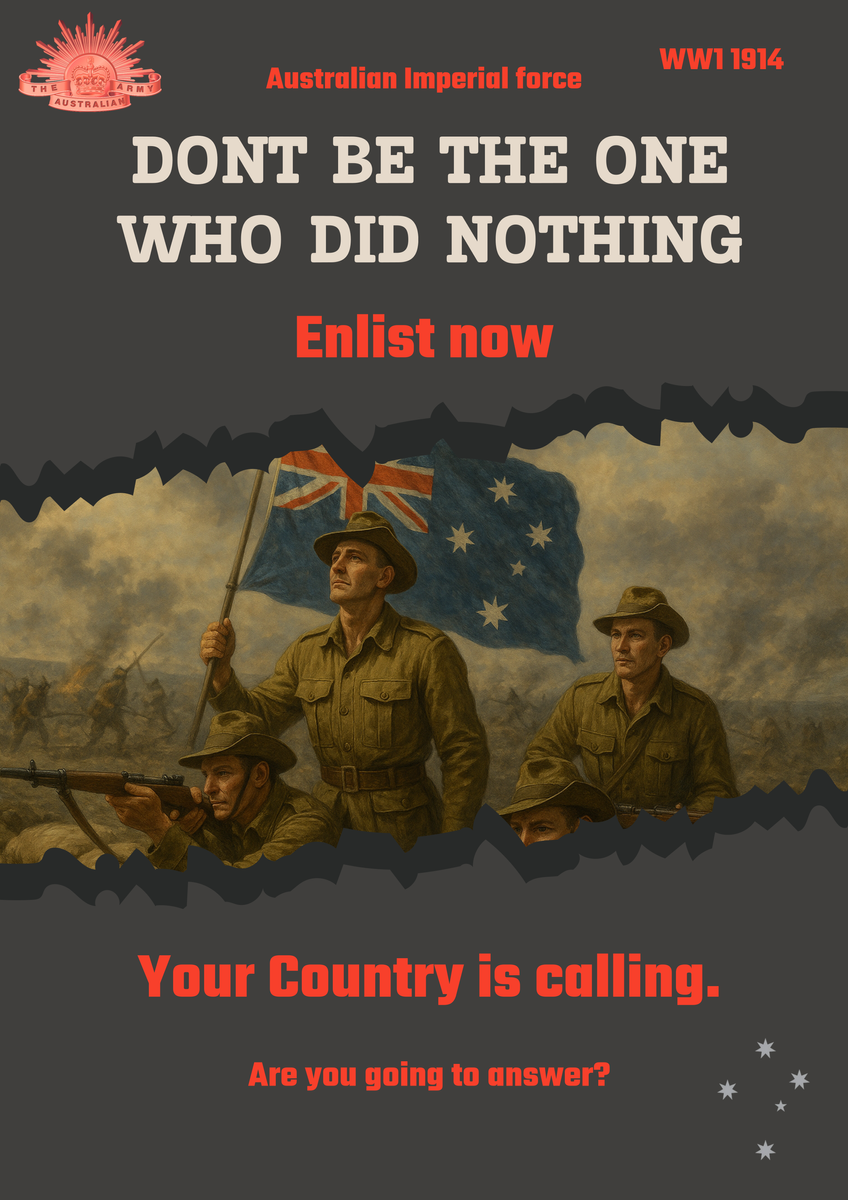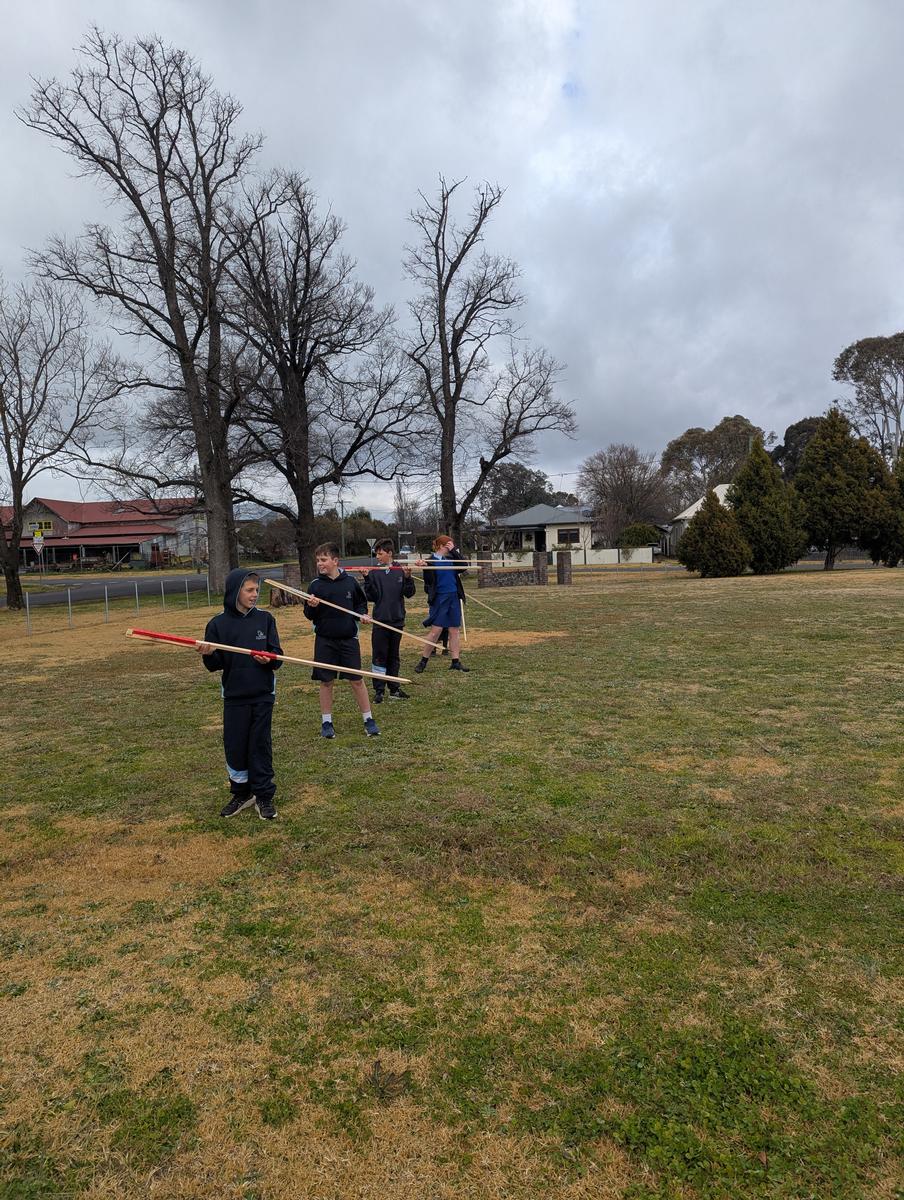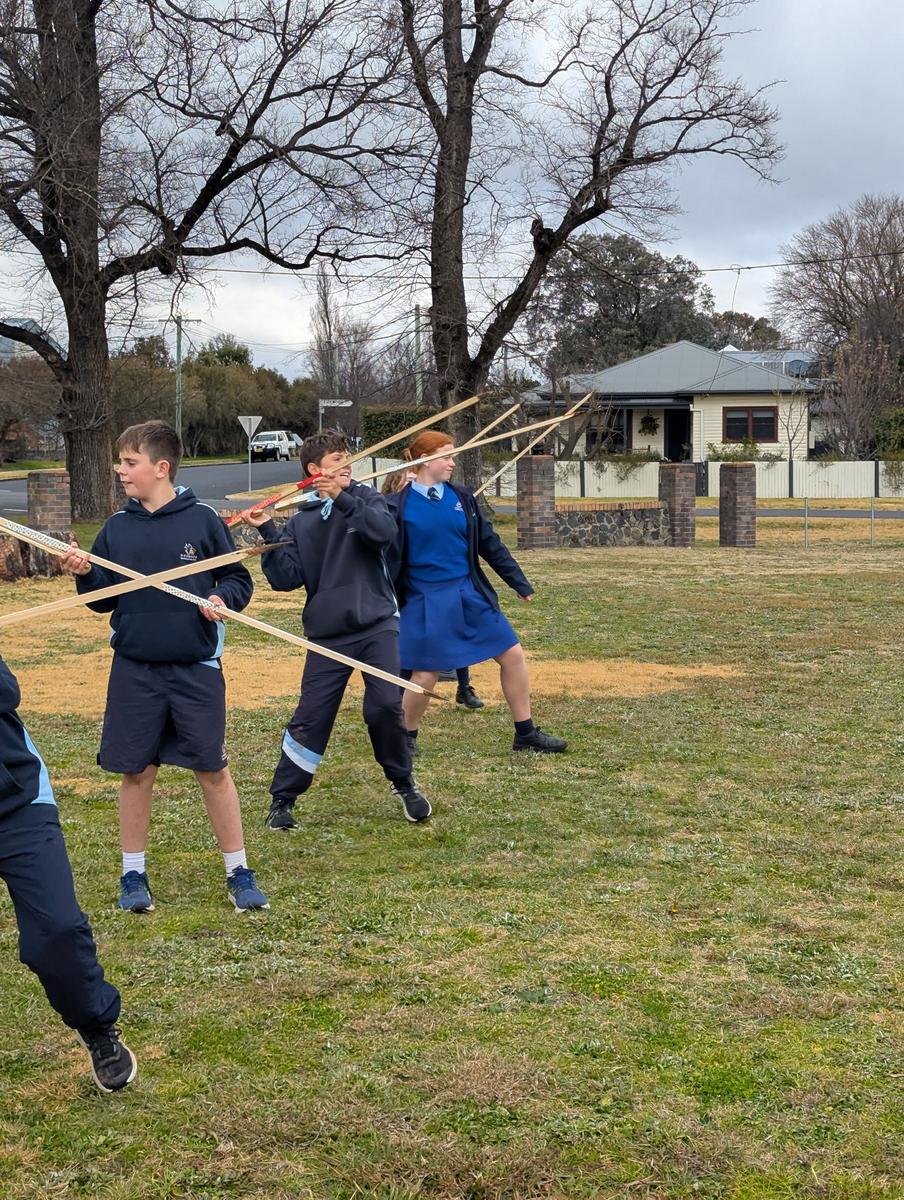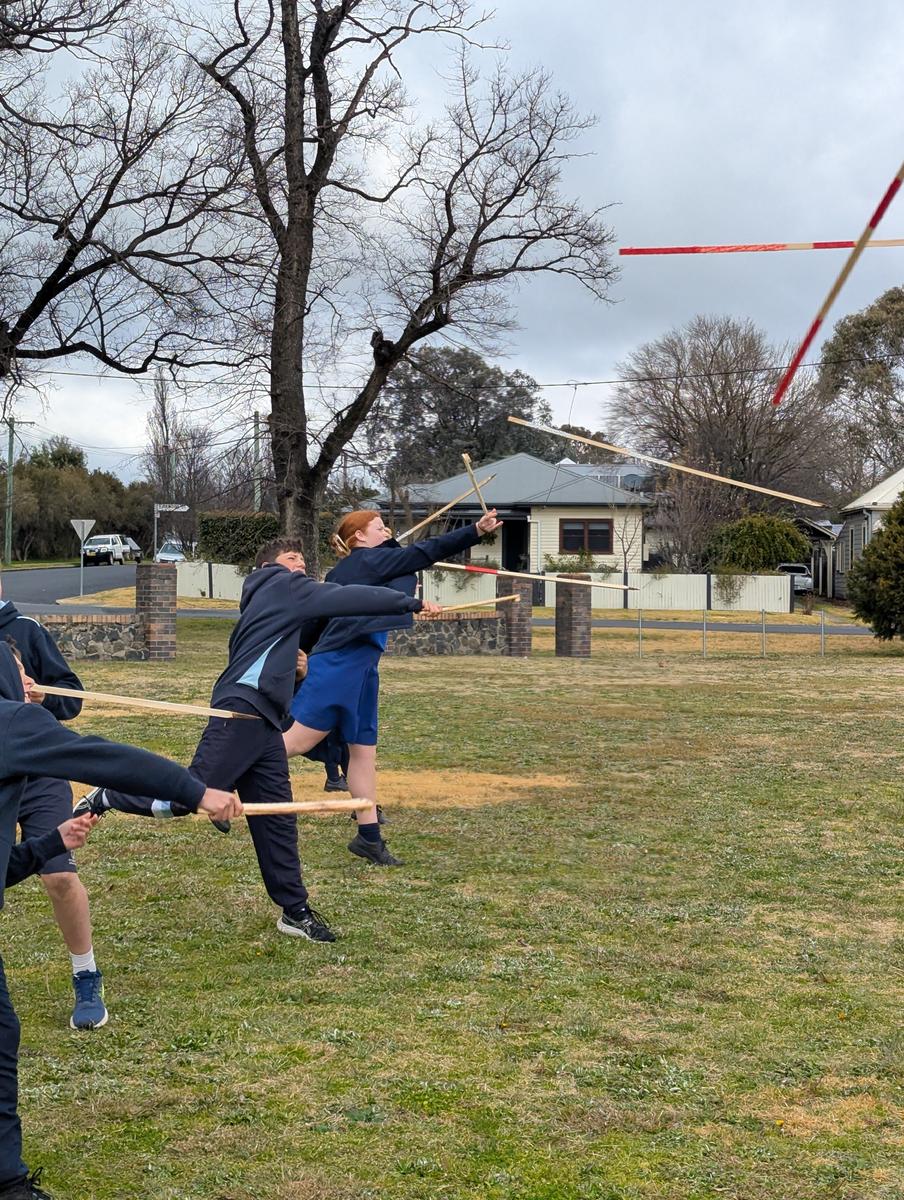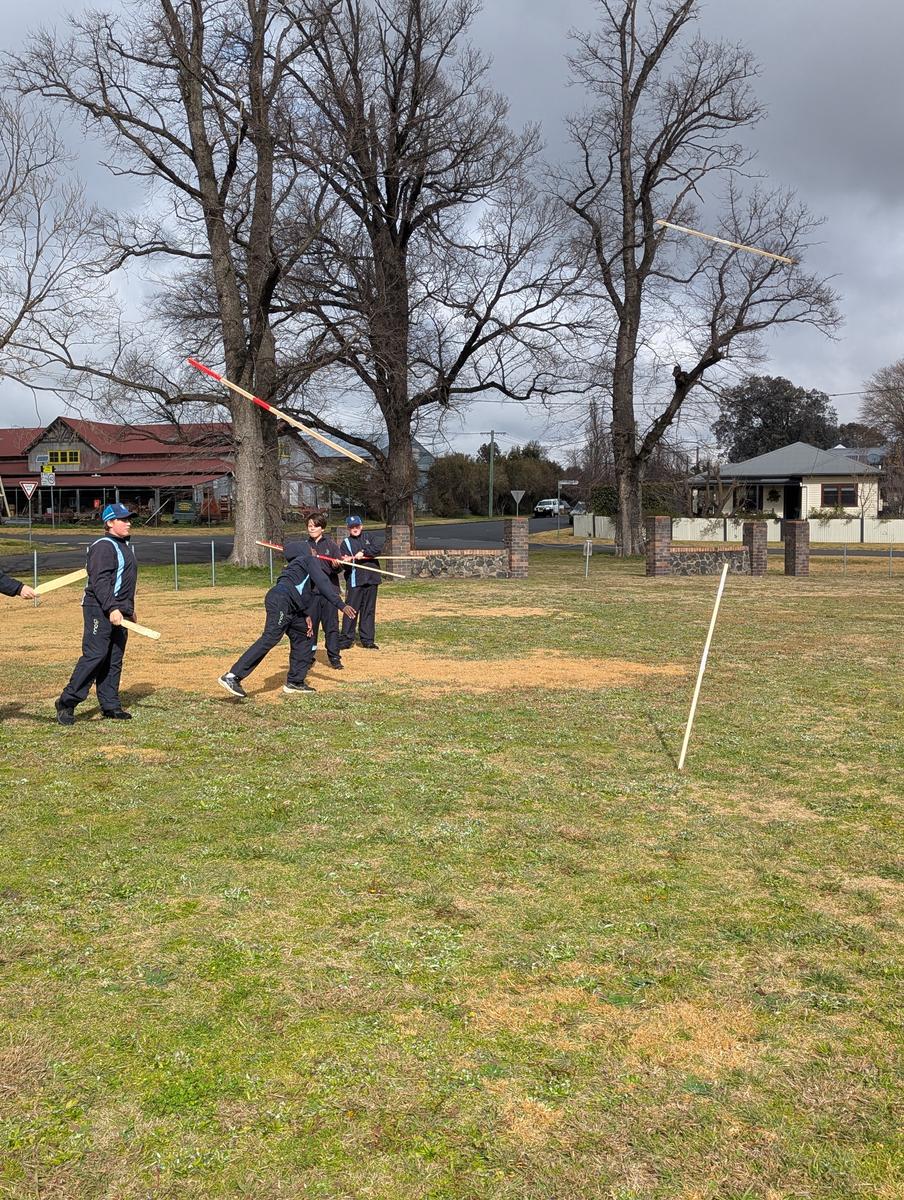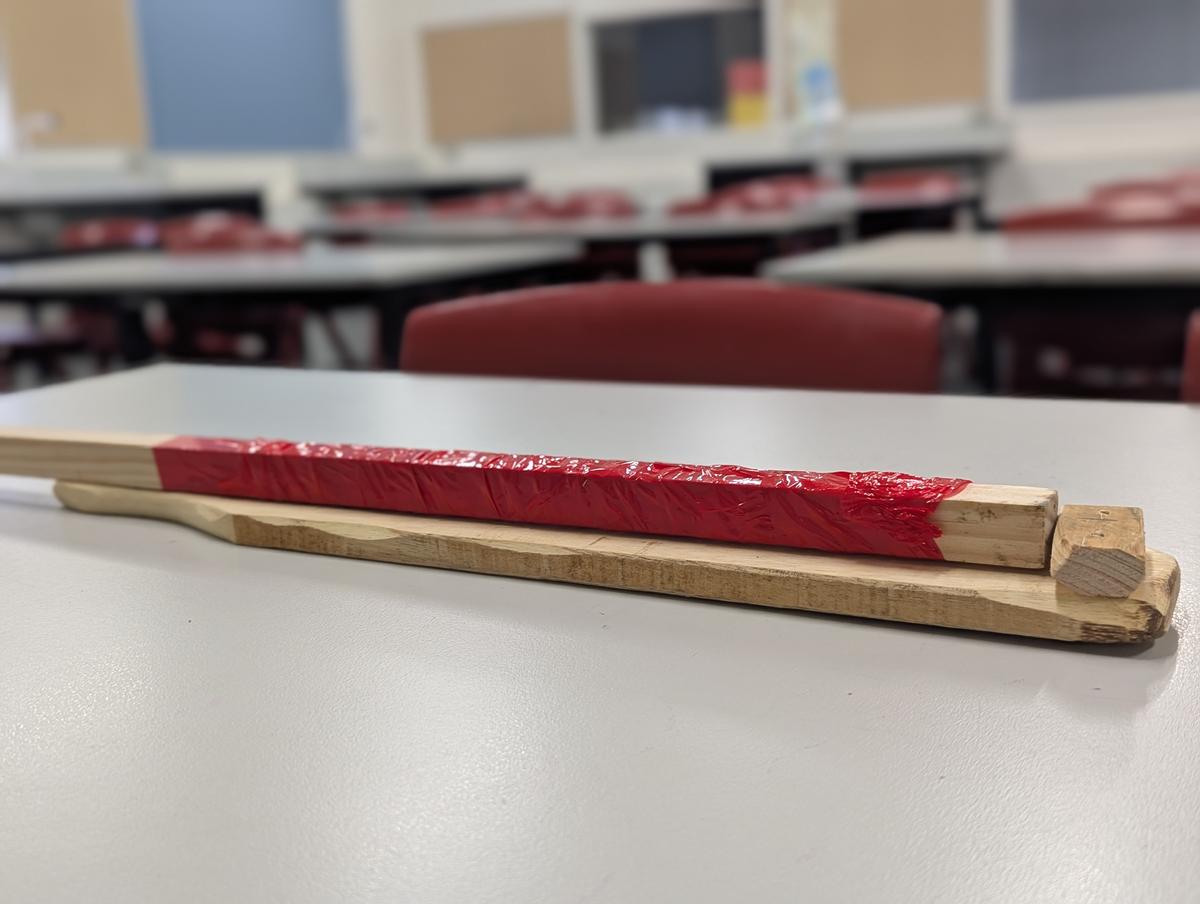KLA News
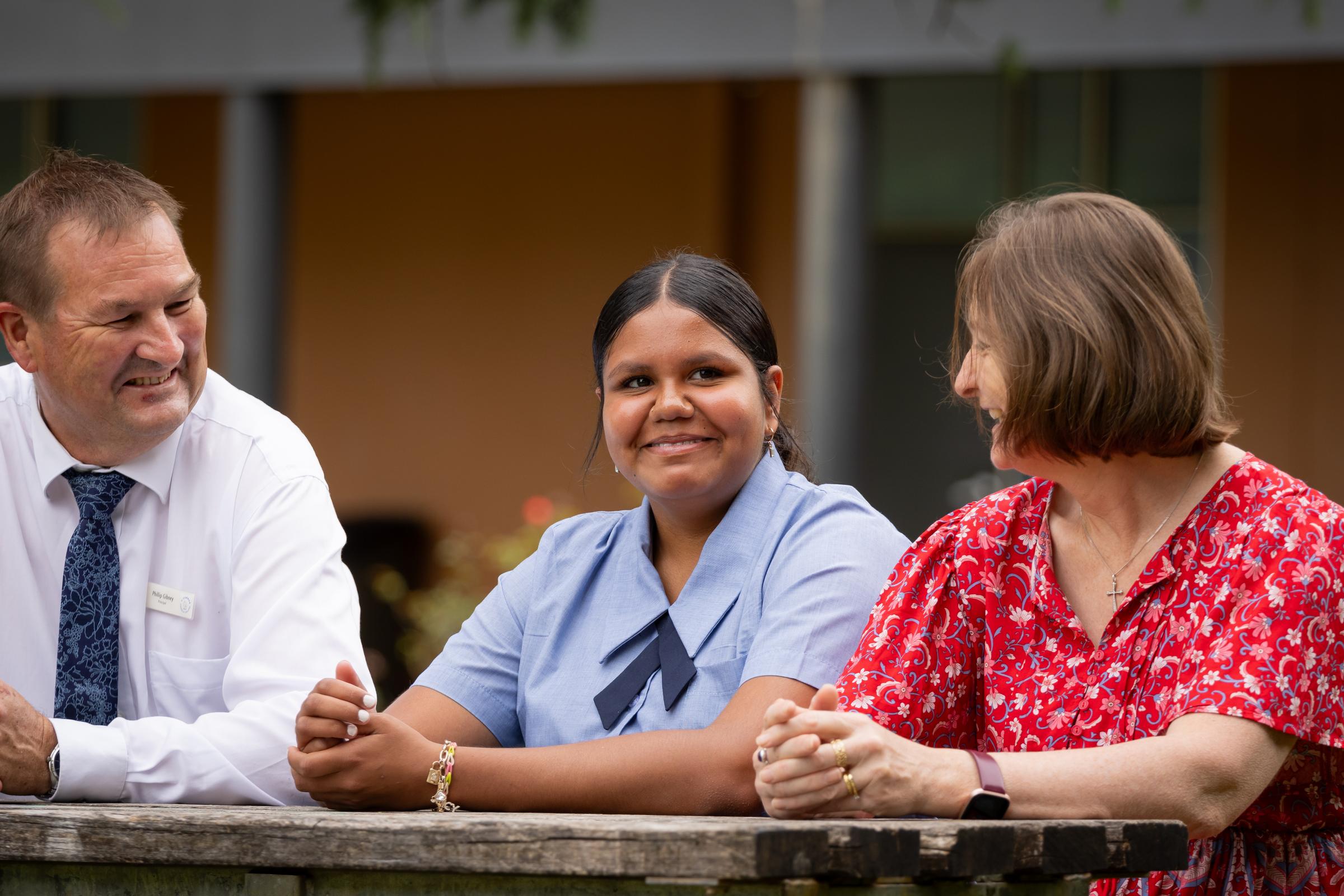
TAS
Textiles
Year 8 Technology
This is rotation 2 of the Materials unit where the students designed and made cushion covers.
Year 10 Textiles are so engaged in their learning as they work on a unit of patchwork and quilting.
Food Technology
Year 8 Food Technology (Fantastic Food) learned about how to modify a recipe to make it healthier for a teenager. Here are some of the results.
Year 8 were also challenged to make an "Insta worthy smoothie bowl." Here are the winners! See yum_oconnor for more updates in the Food Tech world.
Year 10 Food Technology students tested out their creativity recently in designing and creating a movie long snack food for their Food Product Development Unit. Some students opted for a variation of this task where they designed a food product for an identified nutritional need.
Year 12 Hospitality
Year 12 are nearing the end of their practical experiences. Last week they made Paris Brest…a choux pastry with a cream patisserie filling. It was highly successful.
We would also like to send congratulations to Yr 12 Certificate II Hospitality students who recently completed the last of the required 70 hours of Work Placement as part of their course. Work Placement is a highly valuable component where skills are tested and industry experiences are gained. Many thanks this term to the following employers; L’Atelier Patisserie, Manny’s on Marsh, The White Bull Hotel, The Gold Fish Bowl and the St Kilda Hotel.
Thank you Mrs Channon and Mrs Healy for sharing!
Mr Jon Hawthorne,
Leader of Learning - TAS
HSIE
Year 10 History
Students in Year 10 HSIE classes completed a creative and analytical assessment task focused on the use of propaganda during wartime to encourage enlistment. They were asked to design their own propaganda poster and then justify their choices of language and imagery in its creation. This task also provided a valuable learning opportunity for students to explore how generative AI can help bring their ideas to life and to discover which AI prompts produced the best outcomes. The students were able to produce some appealing and powerful results, and the classrooms were buzzing with creativity. Kayden, Jack, and Jahluka agreed to write about the topic (propaganda), the assignment and their use of AI, and a selection of posters has been included for you to view.
Propaganda
Propaganda is the dispersing of information and views that are biased. Propaganda’s intention is to stimulate a specific (often political) response amongst a large crowd. During World War One, propaganda played a huge role, it was everywhere, even taking multiple forms not only as posters, but also magazines, short films, and pamphlets. Pushing the idea that the enemy (Germany) was a ruthless monster coming to attack them to drive citizens into enlisting. Guilting and influencing the people to help serve their countries against this monster in vulgar and explicit ways. In World War Two, propaganda evolved, being frequently presented in newly developed forms such as radios, songs, and films, influencing the viewers to stand against minority groups. Governments would push out aggressive propaganda in large volumes, so in this assessment we had to convey that sense of aggression, urgency, and guilt into our own posters, may that be adding signs and phrases to lead to guilt or the poster itself giving the viewers that feeling. It was significant to be able to send the same idea of guilt from propaganda posters from War times.
Kayden
About the task
This History Assignment asked students to create a poster to encourage people to join the WW1 using propaganda, and produce a 300 word response to their poster. Propaganda is a way of spreading messages trying to make people think or feel the way someone wants them to think or feel. The poster had to use propaganda techniques, including forceful words and powerful images, in order to gain attention and deliver a powerful message. The task also involved a creative written response (about 300 words) where students talk about their poster. In that written response, students need to explain how their poster meets the definition of propaganda, and give reasons for one language technique and one visual element that they used. This task encouraged students to think about how messages were shared in the past and how posters may have influenced people's emotions and thoughts. The task was a great way to get students thinking about how life was like in the year 1914, and how propaganda had a huge impact on people's decisions that shaped their life. The task also helps in building skill in creativity, and sharing ideas effectively. This activity is both informative and creative as it involves bringing historical knowledge together with design and creativity.
Jack
AI
This HSIE assignment challenged students to explore the idea of propaganda. Students were then asked to incorporate propaganda into a WW1 enlistment poster, they were given the option to create/generate these posters by utilising an AI source. The idea of ethical AI use was heavily encouraged in the classroom, using AI ethically in this assignment was important because it ensured responsibility and enforced that the student’s originality and authenticity is present in the task. Ethical use of AI shows that students understand the task and are using it to benefit learning, not to take shortcuts. In conclusion, ethical use of AI helps build trust in work and shows that your work is meaningful and impactful.
Jahluka
Mrs Cherie Stoessel,
Leader if Learning - HSIE
Science
As we reach the end of a busy Term 2, it’s been fantastic to see students across all year groups engaging with the wonders of Science and building their understanding of the world around them.
Year 7 have been exploring the fascinating world of forces. They began the term by learning to define forces and distinguish between contact and non-contact forces, building the foundations for understanding how things move and interact. The term wrapped up with an exciting dive into electrostatics, sparking curiosity about the invisible forces at play in our everyday lives. A highlight has been our exploration of Indigenous technologies, in particular how the woomera increases the piercing force of a spear — an outstanding example of scientific principles applied through traditional knowledge.
Year 8 have been uncovering the secrets beneath our feet, developing their understanding of rocks, geology, and Earth's resources. To round out the term, students shifted their focus to renewable and non-renewable resources, and the importance of conservation. In a practical application of this learning, students conducted a rubbish audit here at O’Connor, examining our waste practices and brainstorming ways to improve recycling across the school. Their enthusiasm for making a positive environmental impact has been inspiring.
Year 9 have been delving into the world of chemical reactions. Students have been building essential skills in recognising different types of reactions, writing chemical equations, and mastering the tricky art of balancing them. These skills form the foundation for much of their future Chemistry learning — well done to all for tackling this challenging topic with persistence.
Year 10 have been focusing on one of the most pressing global issues of our time — the greenhouse effect and climate change. They have developed an understanding of the science behind the greenhouse effect and the role human activity plays in enhancing it. The term concluded with a thoughtful look at the strategies being developed worldwide to combat climate change, reduce environmental degradation, and manage waste responsibly. It’s been encouraging to see students reflecting on how they, too, can be part of the solution.
Finally, Year 11 and 12 are entering the final stages of their Science courses. Year 12 students will sit their trial exams in Weeks 5 and 6 of next term, while Year 11 students will complete their preliminary exams at the end of Term 3. We wish them all the very best as they continue their hard work and preparation.
Thank you to all students for your enthusiasm and curiosity this term. We look forward to seeing what discoveries and achievements Term 3 will bring!
Mr Daniel Fittler
Leader of Learning - Science

